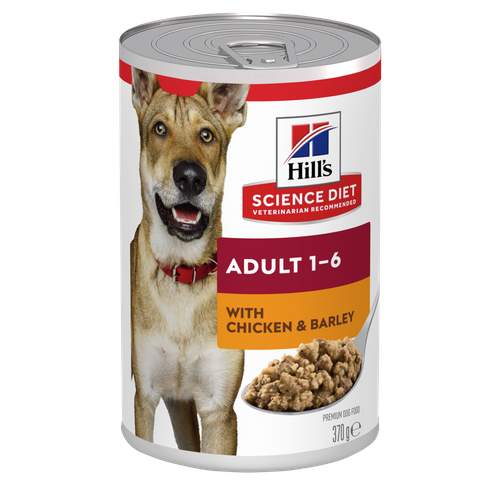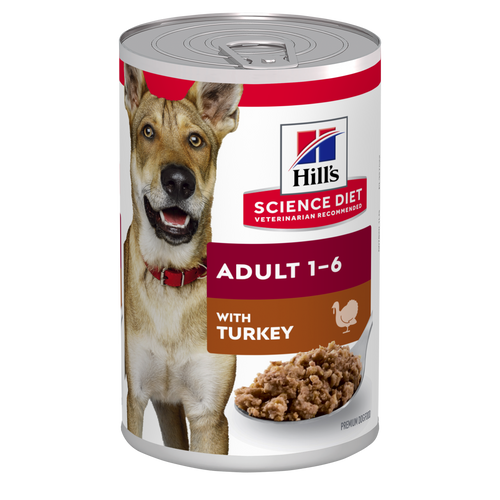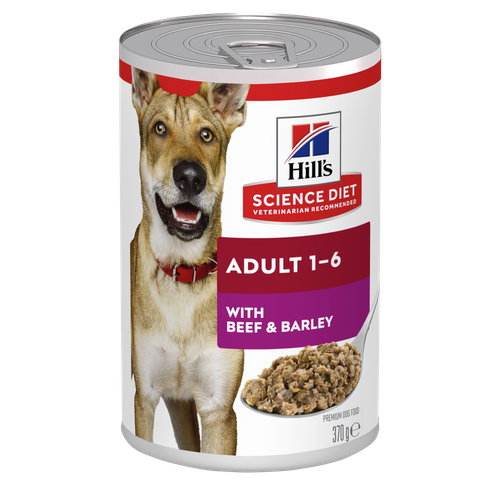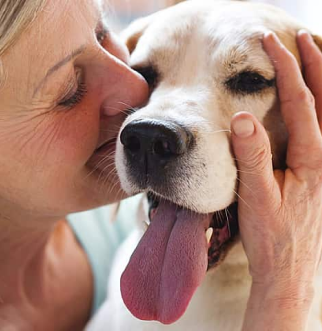Pet Care Center
Get the latest pet stories, news, tips and advice right here.
Sort & Filter
957 results
sort by

"Why Is My Dog Constipated?" and Other Gastrointestinal Questions
Read More
10 Fun Ways Cats Wake Up Their Owners
Read More
10 Important Health Tips for Senior Cats
Read More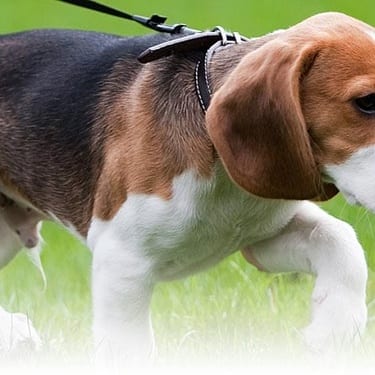
10 Tips to Prepare for Adopting a Dog
Read More
3 Ideas for Exercising Older Dogs
Read More
4 Puppy Training Hacks
Read More
5 Ideas for Indoor Exercise for Dogs
Read More
5 New Fun Things to Do With Your Cat
Read More
5 tips for the best birthday for your cat
Read More
6 Signs of Aging in Cats
Read More
7 Everyday Cat Health Tips
Read More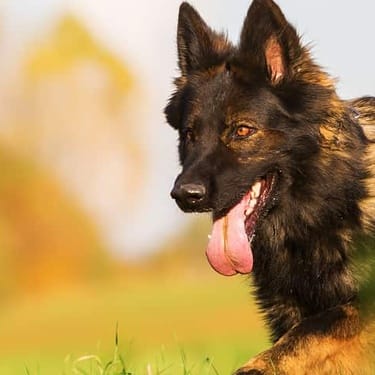
7 Everyday Dog Health Tips
Read More
7 Tips for Newborn Kitten Care
Read More
8 Common Health Problems in Senior Dogs
Read More
A Comprehensive Guide to Bringing Home a Kitten
Read More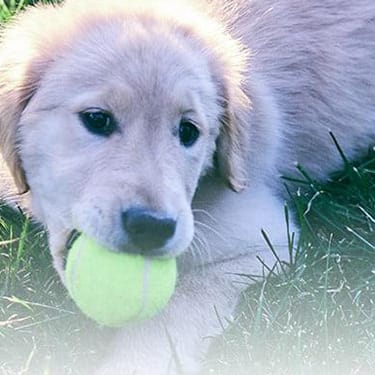
A Guide to Socializing Your New Puppy
Read More
A Guide to Trimming Cat Claws
Read More
A Quick and Easy Guide to Cleaning Dog Toys
Read More
Abyssinian
Read More
Additional Methods of Training Your Puppy
Read More
Adopting Dogs for Seniors: Tips for Finding the Perfect Companion
Read More
Adopting a Pet: What You Need to Know
Read More
Adopting an Adult Cat: What You Need to Know
Read More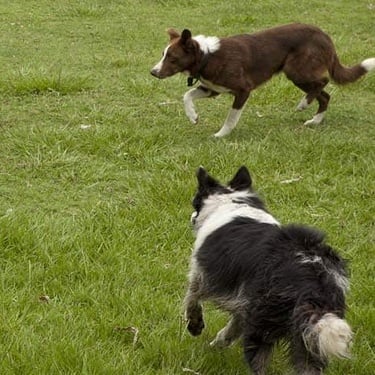
Adoption Choices: Herding Dog Breeds
Read More
Affenpinscher
Read More
Afghan Hound
Read More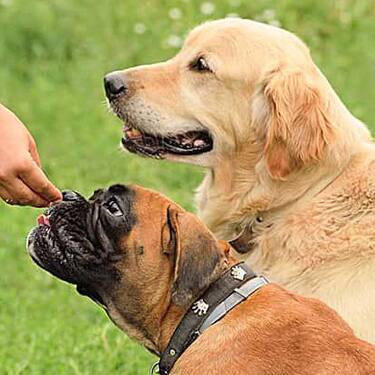
Aggression in Dogs: How to Train It Out of Them
Read More
Airedale Terrier
Read More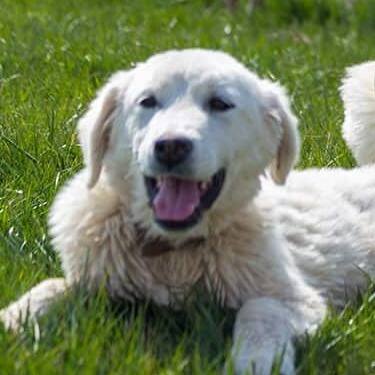
Akbash Dog
Read More
Akita
Read More
Alaskan Klee Kai
Read More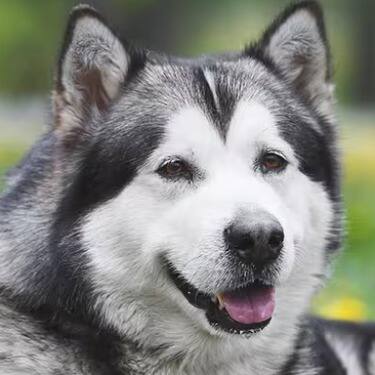
Alaskan Malamute
Read More
All About Brachycephalic Dogs
Read More
All About Cancer in Cats
Read More
All About Cancer in Dogs
Read More
All About Cat Fleas
Read More
All About Cat Kneading
Read More
Allergic Dermatitis
Read More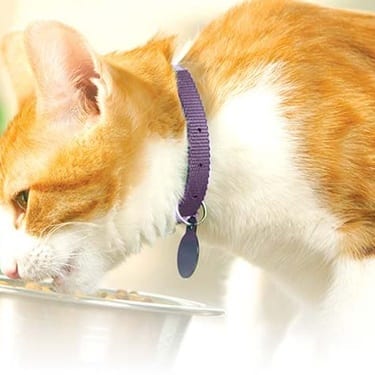
Allergy and Food Intolerance
Read More
American Curl
Read More
American Eskimo Dog
Read More
American Shorthair
Read More
American Staffordshire Terrier
Read More
American Water Spaniel
Read More
American Wirehair
Read More
An Introduction to Crate Training Your Puppy
Read More
Antioxidants
Read More
Antioxidants: Fueling your pet's fight against free radicals
Read More
Are Dogs Really Color Blind?
Read More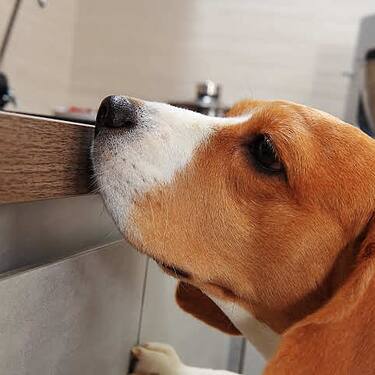
Are Grapes & Raisins Bad for Dogs?
Read More
Are Tomatoes Bad for Dogs? What You Need to Know
Read More
Arthritis and Joint Pain
Read More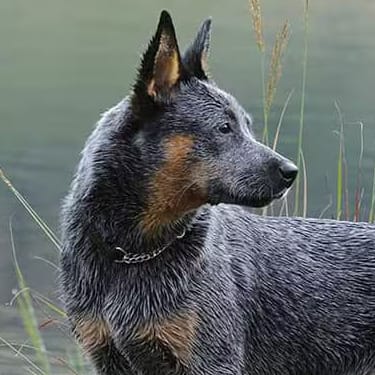
Australian Cattle Dog
Read More
Australian Kelpie
Read More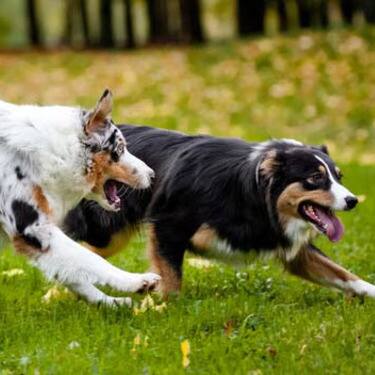
Australian Shepherd
Read More
Australian Terrier
Read More
Balanced Dog Foods & When to Change Them
Read More
Balinese
Read More
Basenji
Read More
Basset Hound
Read More
Beagle
Read More
Beaglier
Read More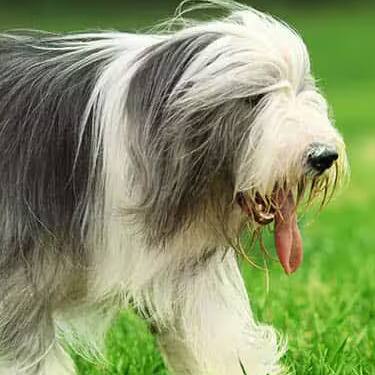
Bearded Collie
Read More
Beauceron
Read More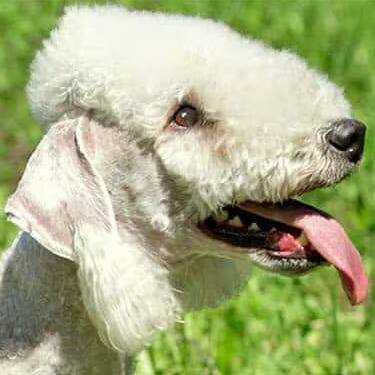
Bedlington Terrier
Read More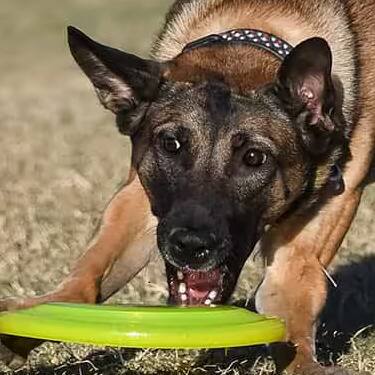
Belgian Malinois
Read More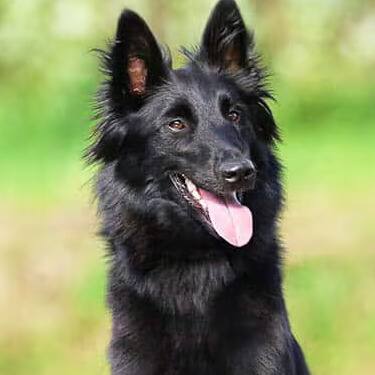
Belgian Sheepdog
Read More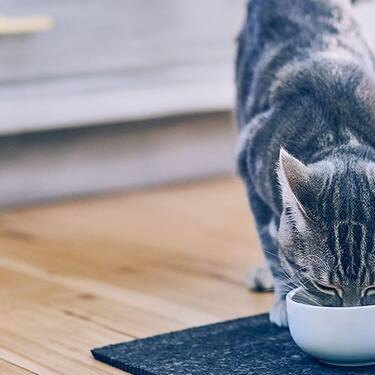
Belly Upset: Soothing Your Cat's Sensitive Stomach
Read More
Benefits of Parenting a Cat: My Cat Helped My Anxiety
Read More
Benefits of Soy in Your Pet's Food
Read More
Bengal
Read More
Bernese Mountain Dog
Read More
Best Dog Breeds for Hot Weather
Read More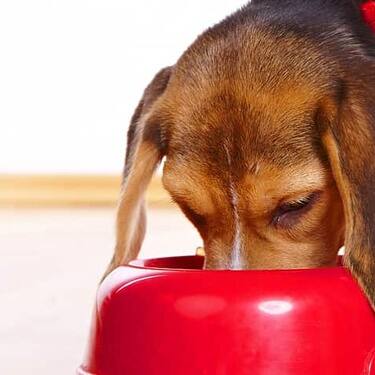
Best Dog Food: The Inside Scoop
Read More
Bichon Frise
Read More
Birman
Read More
Black And Tan Coonhound
Read More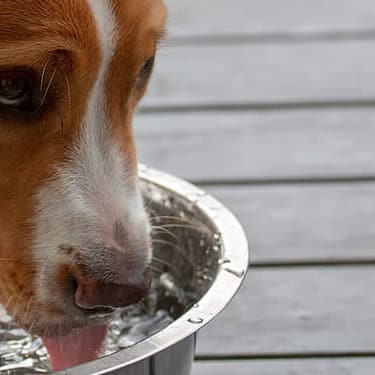
Blood in Dog Urine: What Should You Do?
Read More
Bloodhound
Read More
Bombay
Read More
Border Collie
Read More
Border Terrier
Read More
Born to Groom
Read More
Borzoi
Read More
Boston Terrier
Read More
Bouvier Des Flandres
Read More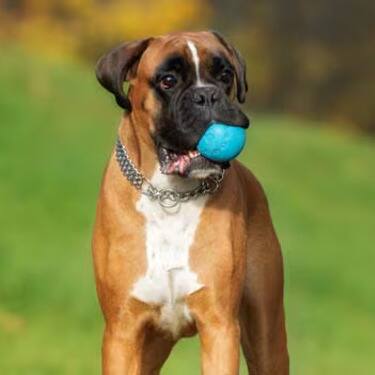
Boxer
Read More
Boykin Spaniel
Read More
Brain Ageing and Behavioural Changes
Read More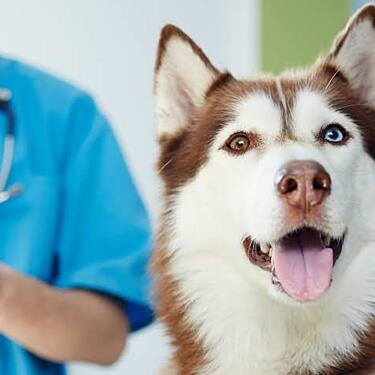
Breast Cancer in Dogs: What You Need to Know
Read More
Briard
Read More
Bringing a New Dog Home: Tips for a Warm Welcome
Read More
British Shorthair Cat
Read More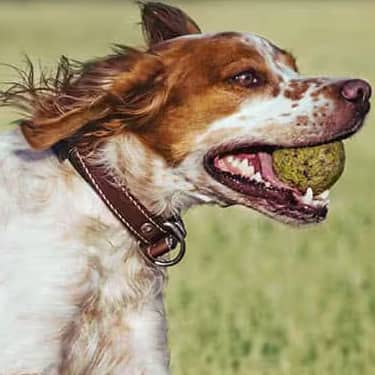
Brittany
Read More
Brushing & Food: Keys to Maintaining Your Cat's Oral Health
Read More
Brussels Griffon
Read More
Building a Dog Park in Your Own Backyard
Read More
Bull Terrier
Read More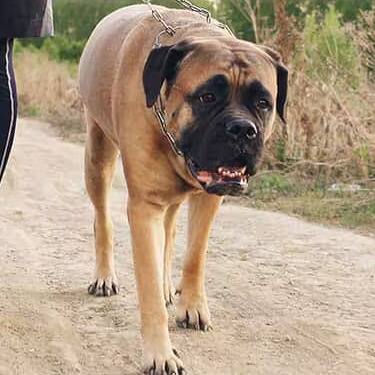
Bullmastiff
Read More
Burmese
Read More
Burmilla
Read More
Cairn Terrier
Read More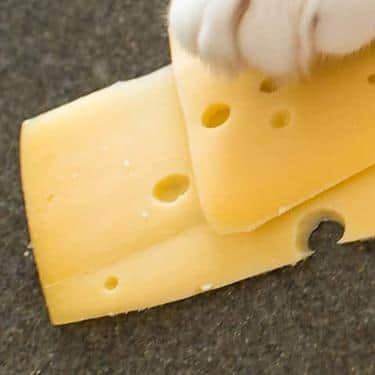
Can Cats Eat Cheese?
Read More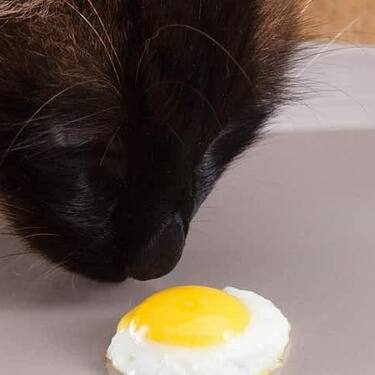
Can Cats Eat Eggs?
Read More
Can Cats Get the Flu or a Cold?
Read More
Can Cats Have Allergies? Signs, Common Types & Treatments
Read More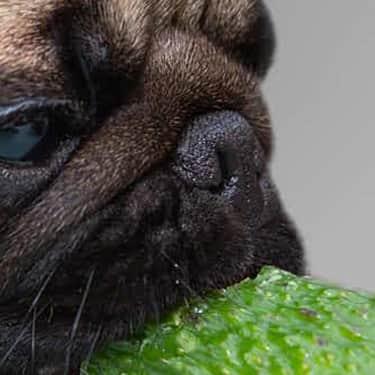
Can Dogs & Cats Have Avocados? (& Are They Safe?)
Read More
Can Dogs Be Vegan?
Read More
Can Dogs Catch a Cold or Get the Flu?
Read More
Can Dogs Drink Pool Water?
Read More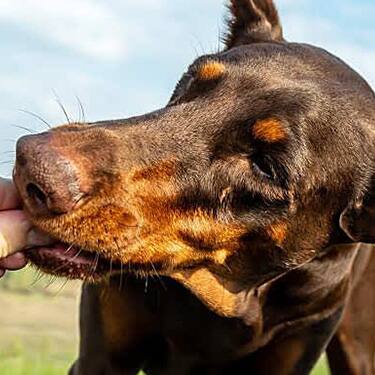
Can Dogs Eat Almonds?
Read More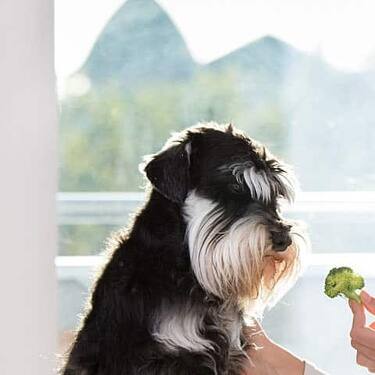
Can Dogs Eat Broccoli? (and Is It Safe?)
Read More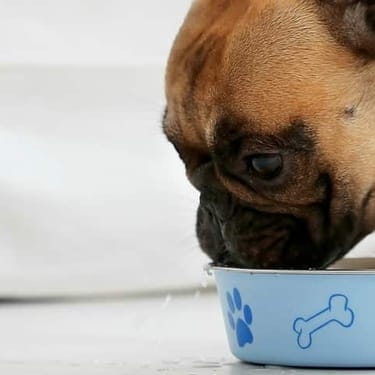
Can Dogs Eat Brown Rice?
Read More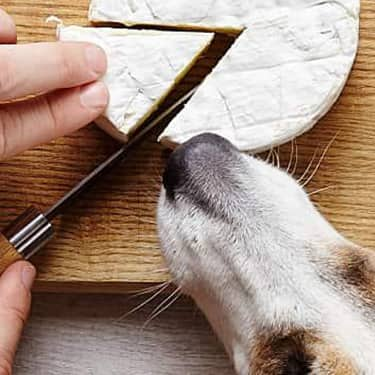
Can Dogs Eat Cheese?
Read More
Can Dogs Eat Eggs?
Read More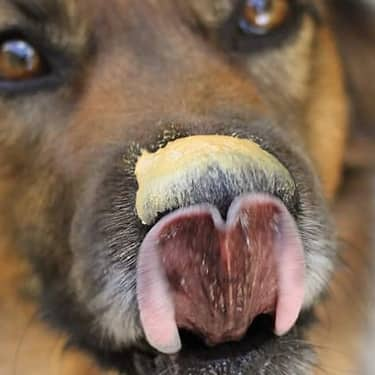
Can Dogs Eat Peanut Butter?
Read More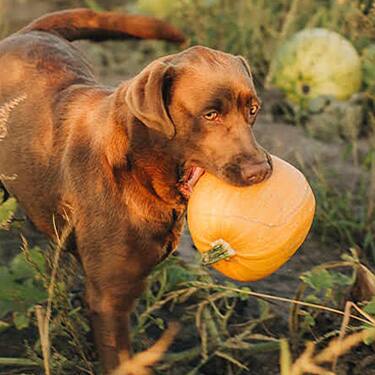
Can Dogs Eat Pumpkin?
Read More
Can Dogs Eat Watermelon?
Read More
Can Dogs Get Brain Freeze?
Read More
Can Dogs Get Tetanus?
Read More
Can Dogs Have Celery?
Read More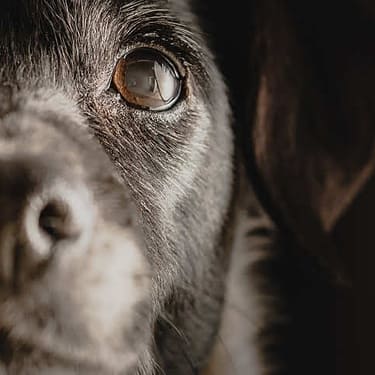
Can Dogs Recover From Lung Cancer?
Read More
Can Dogs Understand Humans?
Read More
Can Dogs and Cats Eat Ham?
Read More
Can My Dog Eat Pizza?
Read More
Can My Dog Eat Spicy Food?
Read More
Canadian Eskimo Dog
Read More
Cancer
Read More
Cane Corso
Read More
Carbohydrates
Read More
Cardigan Welsh Corgi
Read More
Caring For Your Senior Dog's Special Needs
Read More
Caring for Dogs With Conjunctivitis
Read More
Caring for Your Cat Through All of Life's Stages
Read More
Caring for a Senior Cat: The Basic Essentials
Read More
Caring for a Sick Kitten
Read More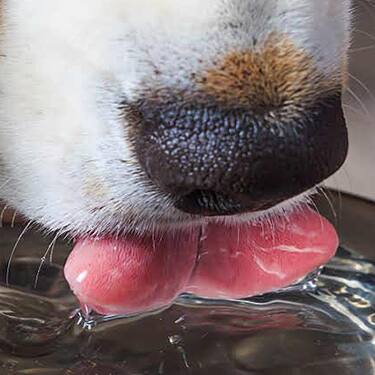
Cat & Dog Drinking Water: Which Water Sources Are Safe for Pets?
Read More
Cat Aggression: How to Calm Them Down
Read More
Cat Anxiety: Understanding Your Stressed Cat
Read More
Cat Behaviour Problems: How You Can Help
Read More
Cat Breast Cancer: What You Need to Know
Read More
Cat Clicker Training for Beginners
Read More
Cat Diabetes: Symptoms & Treatment
Read More
Cat Eye Care: Recognising and Preventing 6 Cat Eye Problems
Read More
Cat Food Ingredients: What Should Go Into Your Cat's Food?
Read More
Cat Food Puzzles: How They Benefit Your Cat
Read More
Cat Food Taste & Types: Does My Cat Like Their Food?
Read More
Cat Frostbite: Clinical Signs and Prevention
Read More
Cat Jumping? How to Keep Her Paws on the Ground
Read More
Cat Kidney Health: What You Need to Know
Read More
Cat Language: How Cats Communicate
Read More
Cat Life Hacks: Making Life Easier for You and Your Cat
Read More
Cat Life Stages: Providing the Best Care for Your Cat at Any Age
Read More
Cat Metabolism: How it Affects Your Feline Friend
Read More
Cat Mobility 101: Managing Cat Joint Health
Read More
Cat Mouth Cancer: Types, Symptoms, Treatment & More
Read More
Cat Napping: Why Your Cat Likes to Sleep
Read More
Cat Parents: Bringing Your New Cat Home
Read More
Cat Personalities: Considerstions for Your Lifestyle
Read More
Cat Play: How to Keep Your Kitty Engaged
Read More
Cat Poop: What Should it Look Like?
Read More
Cat Proofing Your Home
Read More
Cat Skin Cancer: Types, Causes, Treatment & Prevention
Read More
Cat Sneezing: Causes and Concerns
Read More
Cat Stung by Bee or Wasp? What You Need to Know
Read More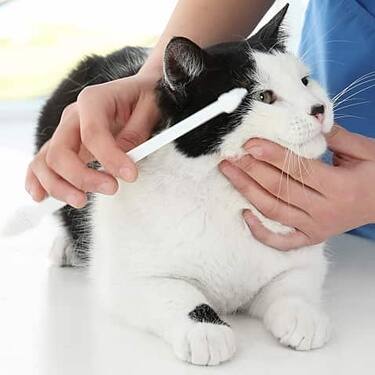
Cat Tooth Extractions: What to Expect
Read More
Cat Training: How to Train Your Cat the Easy Way
Read More
Cat Travel Checklist: All the Things You Need
Read More
Cat Treats Done in a Healthy Way
Read More
Cat Vision: How Do They See the World?
Read More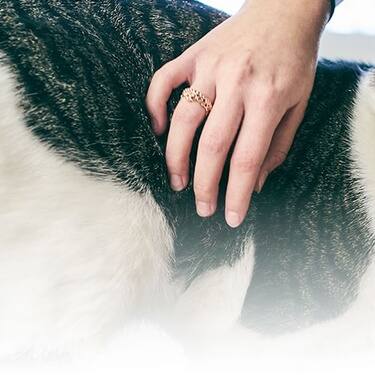
Cat Workouts and Exercise Tips
Read More
Cat vs. Dog: Which Is the Best Pet for Me?
Read More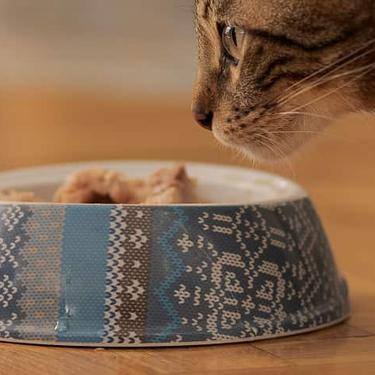
Cats & Tuna: Is it Safe for Them?
Read More
Cats and Children
Read More
Cats and Neutering
Read More
Cats and children
Read More
Cats in heat
Read More
Cats with Sensitive Skin: Looking Beneath the Fur
Read More
Causes of Dog Vomit and What They Mean
Read More
Cavalier King Charles Spaniel
Read More
Cavoodles
Read More
Celebrate Your Cat's Birthday in Style
Read More
Change a Bored Dog into a Playful Dog with These 6 Games
Read More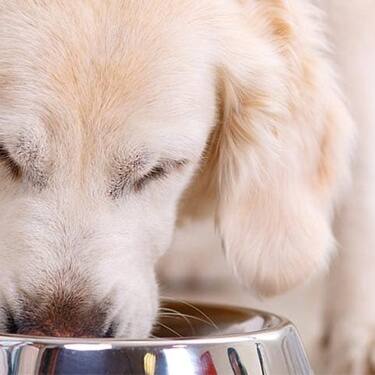
Changing Dog Food for Your New Dog
Read More
Chantilly
Read More
Charting Your Kitty's Development
Read More
Chartreaux
Read More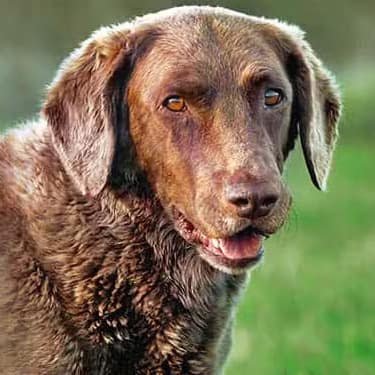
Chesapeake Bay Retriever
Read More
Chihuahua
Read More
Chinese Crested
Read More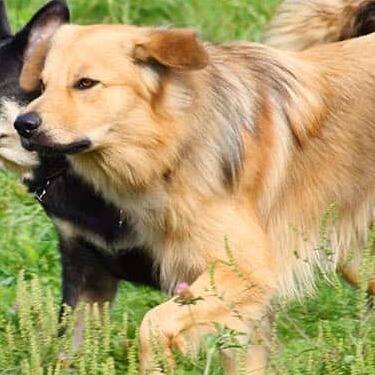
Chinook
Read More
Choose the Right Kitten: What You Need to Know
Read More
Choosing A Healthy Cat Food: Things You Need to Know
Read More
Choosing Right Nutrition for Puppies
Read More
Choosing Safe Toys & Games for Your Kitten
Read More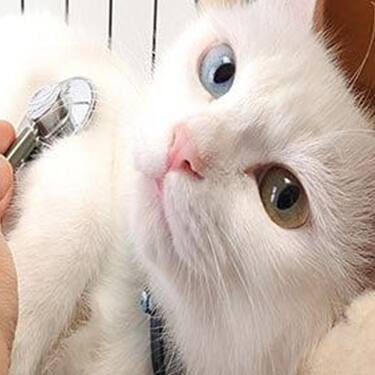
Choosing The Right Veterinarian For Your Cat
Read More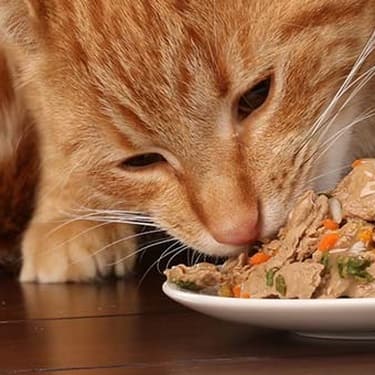
Choosing the Best Cat Food: What to Look For
Read More
Choosing the Best Cats for Apartments
Read More
Choosing the Best Collar, Leash & ID for Your Puppy
Read More
Choosing the Best Dog Breed for You
Read More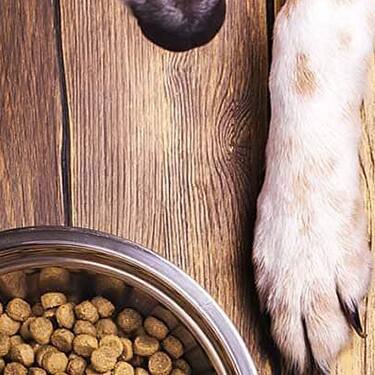
Choosing the Best Dog Food
Read More
Choosing the Best Kitten in the Litter
Read More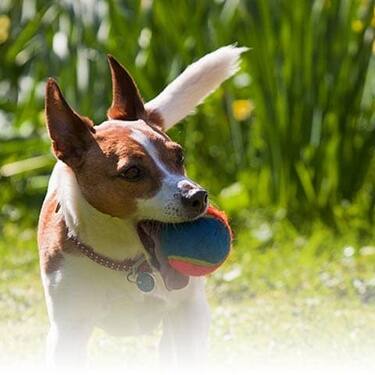
Choosing the Best Toys for Your Dog
Read More
Choosing the Right Cat Grooming Brushes & Supplies
Read More
Choosing the Right Food For Your Small Dog's Life Stages
Read More
Choosing the Right Food for Your Senior Cat
Read More
Chow Chow
Read More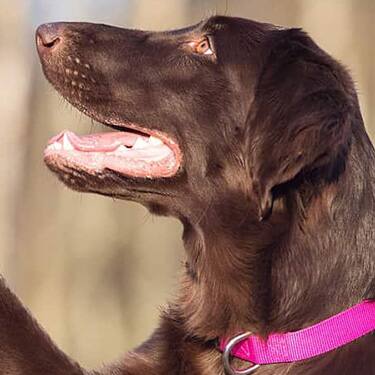
Cleaning Your Dog's Paws: Tips for Success
Read More
Clever Ways to Keep Your Cat Active: Food Scavenger Hunts
Read More
Clicker Training: How it Can Work for Your Puppy
Read More
Clipping Dog Nails for Puppy Pedicures
Read More
Clumber Spaniel
Read More
Cocker Spaniel
Read More
Collie Or Scottish Collie
Read More
Colorpoint Shorthair
Read More
Common Causes of Dog Skin Conditions
Read More
Common Dog Sayings and Their Origins
Read More
Common Health Concerns in an Overweight Cat
Read More
Common Health Concerns to Look for in Puppies
Read More
Common Health Issues in Puppies
Read More
Common Mistakes Dog Owners Should Avoid
Read More
Cornish Rex
Read More
Crate Training an Older Dog: What You Need to Know
Read More
Creating Your Own Litter Box Enclosure
Read More
Creating a Pet Preparedness Plan for Emergencies
Read More
Creative Dog Life Hacks to Make Life Easier
Read More
Curly-coated Retriever
Read More
Cymric
Read More
DHA and Why It's Important for Your Puppy
Read More
DIY Cat Stain & Odor Remover That Actually Works
Read More
DIY Cat Toys Your Feline Friend Will Love
Read More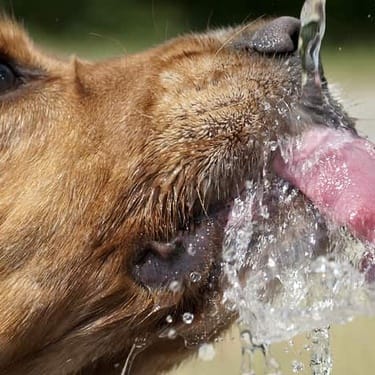
DIY Collapsible Dog Bowl for Pets on the Go
Read More
Dachshund
Read More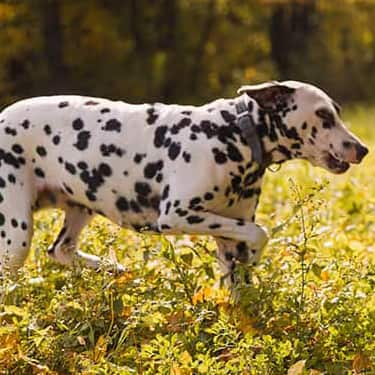
Dalmatian
Read More
Dandie Dinmont Terrier
Read More
Dangerous Holiday Plants to Avoid for Your Cat
Read More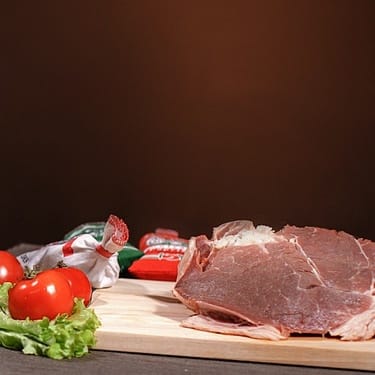
Dangers of Raw Diets for Dogs
Read More
Dealing With a Dog Peeing on the Lawn
Read More
Dealing with a Cat That's a Picky Eater
Read More
Deciphering Your Kitten's Behavior & Body Language
Read More
Dental Care for Your Dog
Read More
Dental Disease
Read More
Determining Your Cat's Breed
Read More
Developmental Growth Disorders
Read More
Devon Rex
Read More
Diabetes Mellitus
Read More
Diabetes Mellitus
Read More
Diet Considerations for Pregnant & Nursing Cats
Read MoreDifferences Between Dogs and Cats: Learn What Makes Each One Special
Read More
Differences Between Male and Female Cats
Read More
Different Dogs with Different Needs
Read More
Diseases That Are Common in Older Dogs
Read More
Do Cats Fart?
Read More
Do Cats Have Periods?
Read More
Do Cats Like to Be Petted?
Read More
Do Cats Sweat or Pant?
Read More
Do Dogs Feel Guilt or Shame?
Read More
Do Dogs Have Periods?
Read More
Do Dogs Sweat? How Your Dog Keeps Their Cool
Read More
Do I Have an Overweight Cat?
Read More
Do Puppies Need All These Vaccines?
Read More
Do's and Don'ts for Disciplining a Cat
Read More
Doberman
Read More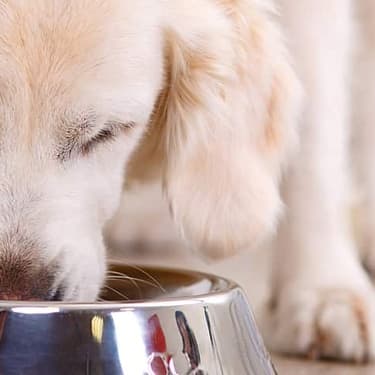
Does More Protein Mean a Healthier Dog and Cat Food?
Read More
Does My Cat Have Dry Skin?
Read More
Does My Dog Have a Food Allergy?
Read More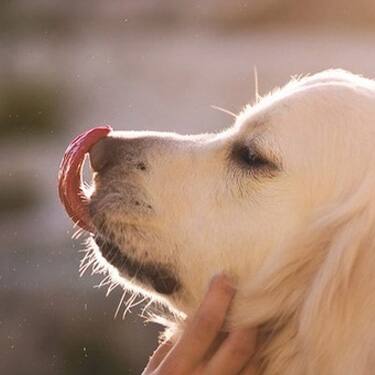
Does My Dog Like to be Petted?
Read More
Does My Pet Hate Me?
Read More
Dog Agility Training: 4 Reasons to Give it a Try
Read More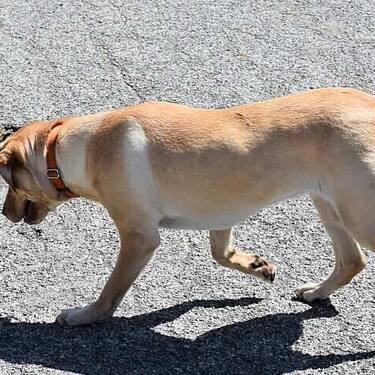
Dog Bitten by a Snake? Clinical Symptoms & What You Should Do
Read More
Dog Breed Personalities: Find the Right Match For You
Read More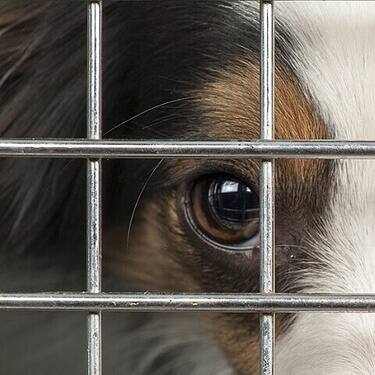
Dog Enclosures: How to Keep Your Dog in a Safe Area
Read More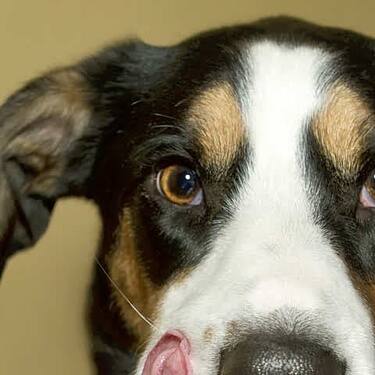
Dog Food Taste & Types: Does My Dog Like Their Food?
Read More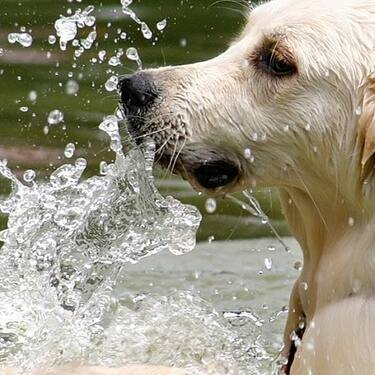
Dog Like to Swim? Activities for Your Water-Loving Pup
Read MoreDog Not Pooping?
Read More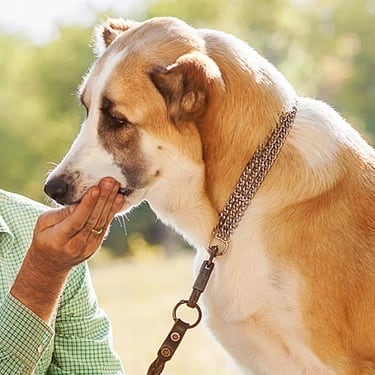
Dog Park Rules: Do's and Don'ts
Read More
Dog Scooting & Recognising Anal Gland Problems
Read More
Dog Supplies You Need When You Get your First Puppy
Read More
Dog Traits & Personalities for the Seven Breed Classes
Read More
Dog Warts: What are They and What Causes Them?
Read More
Dog and Cat Friends: Created by Fate, Fostered by Family
Read More
Dogs & Cat Toothpaste, Toothbrushes & Brushing Tips
Read More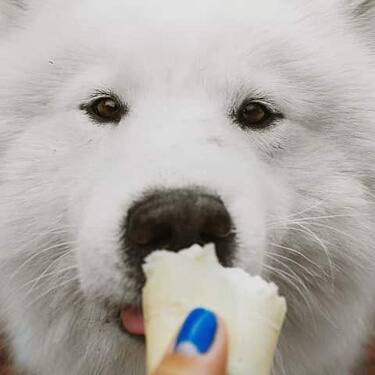
Dogs & Ice Cream: The Scoop on Why You Should Avoid It
Read More
Dogs & Table Food: Why to Avoid Feeding Them Scraps
Read More
Dogs That Shed: Why and What You Can Do
Read More
Dogs With Sensitive Skin: Looking Beneath the Fur
Read MoreDogs and Ticks: Protecting Your Pup
Read More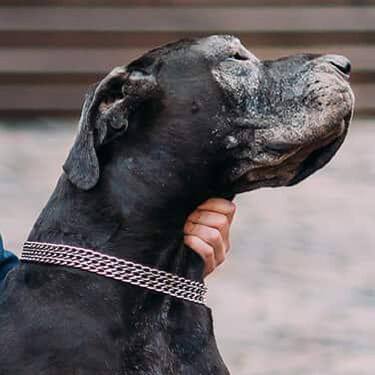
Dogs in Weddings: Tips for the Big Day
Read More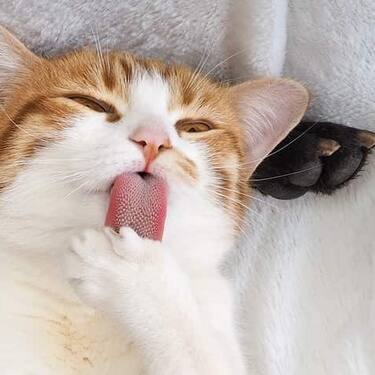
Dogs vs. Cats: Who is Smarter?
Read More
Dogue De Bordeaux
Read More
Domesticated Cats: Through the Years
Read More
Ear Infections in Dogs: What You Need to Know
Read More
Ear Mites in Cats & Kittens: Signs, Symptoms & Treatments
Read More
Eating In: The Dietary Needs of Your Indoor Cat
Read More
Egyptian Mau
Read More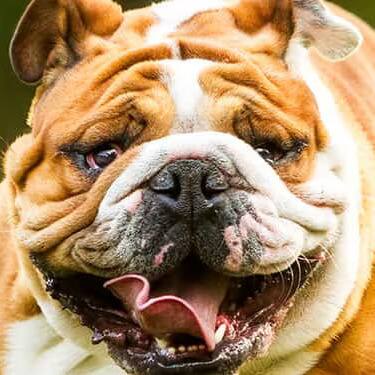
English Bulldog
Read More
English Cocker Spaniel
Read More
English Foxhound
Read More
English Pointer
Read More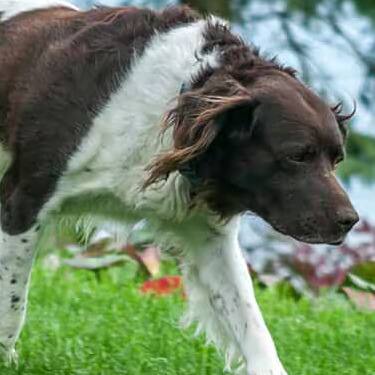
English Setter
Read More
English Springer Spaniel
Read More
Essential Medical Supplies for a Dog First-Aid Kit
Read More
Essential Oils for Cats: Are They Safe?
Read More
Euthanasia & Things to Consider When Your Dog is Gravely Ill
Read More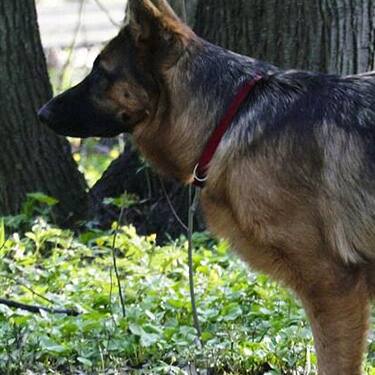
Everything You Ever Wanted to Know About Dog Poop
Read More
Excessive Shedding in Cats
Read More
Exercise Ideas for Your Large-Breed Dog
Read More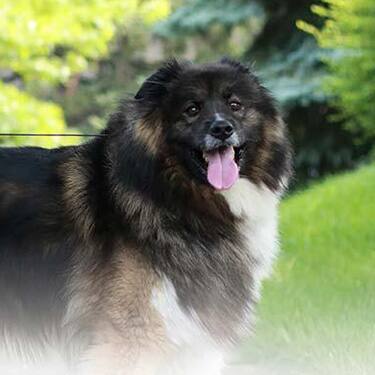
Exercise Tips to Keep Your Dog Active
Read More
Exotic
Read More
Extinguishing Heat Exhaustion in Cats
Read More
Facts about a Dog's Dry Nose
Read More
Fats
Read More
Features to Look For in the Best Dog Harness
Read More
Feeding Fish to Cats
Read More
Feeding Multiple Cats: Setting Up a Feeding Station
Read More
Feline Aging & How it Affects Your Cat's Brain
Read More
Field Spaniel
Read More
Finding Forever Homes for Special Needs Pets
Read More
Finnish Spitz
Read More
First Aid Tips for Your Dog
Read More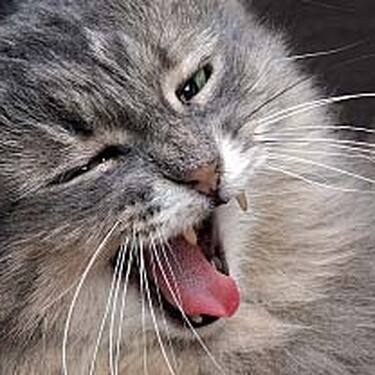
Five Common Cat Digestive Problems
Read More
Five Great Ways to Keep Your Puppy Healthy
Read More
Five Most Intelligent Dog Breeds
Read More
Five Tips to Help Train Your Puppy
Read More
Flat-coated Retriever
Read More
Fleas and worms
Read More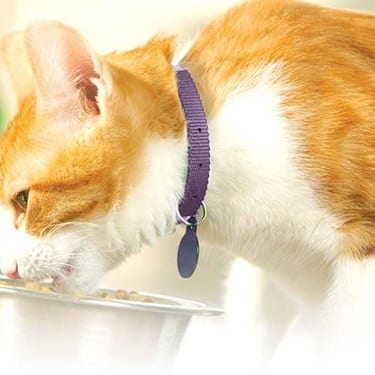
Food & Portion Tips to Avoid Overfeeding Your Cat
Read More
Food Allergies, Intolerance & Your Cat's Sensitive Stomach
Read More
Food Allergy and Food Intolerance
Read More
Food for Thought Before Feeding Your New Cat
Read More
Foods that are Dangerous or Toxic to Cats
Read More
Fostering a Puppy: A How-To Guide
Read More
Four Steps to a Healthier Adult Dog
Read More
Four ways to help your cat maintain an ideal weight
Read More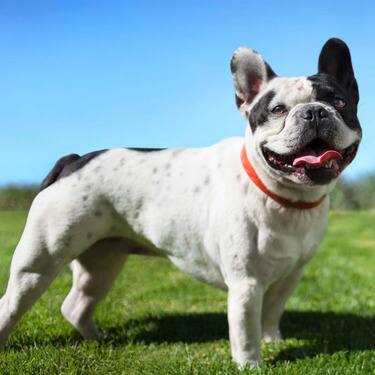
French Bulldog
Read More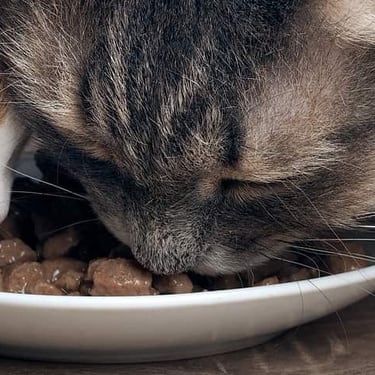
From Kitten to Senior Cat Food: Cat Nutrition by Lifestage
Read More
Frozen & Fun Dog Treats for Hot Summer Days
Read More
Fun DIY Beds for Your Cat
Read More
Fun Games Between Kids & Dogs
Read More
Fun Games for Exercising Your Cat
Read More
Fun Ideas for Kids and Pets This Summer
Read More
Fun Things to Do With Your Pets in Houston
Read More
Games & Toys to Help Your Puppy Learn
Read More
Gastrointestinal Disorders
Read More
German Rex
Read More
German Shepherd
Read More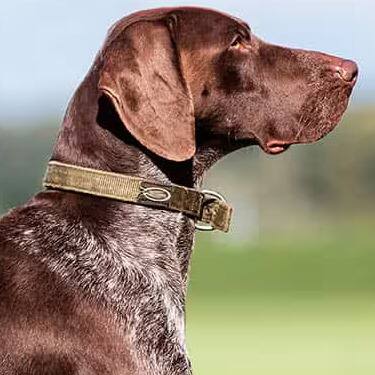
German Shorthaired Pointer
Read More
German Spitz
Read More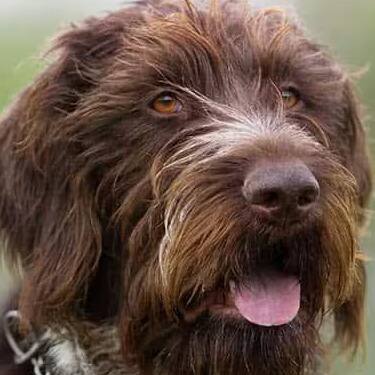
German Wirehaired Pointer
Read More
Getting Rid of Pet Hair Around the House
Read More
Getting Rid of Your Dog's Ear Mites
Read More
Getting Started With Training
Read More
Getting Started with Training & Behavior
Read More
Getting Your Dog into a Routine
Read More
Giant Schnauzer
Read More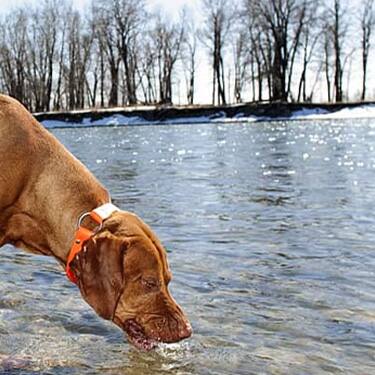
Giardia in Dogs
Read More
Giving a Cat a Bath: A How-To Guide
Read More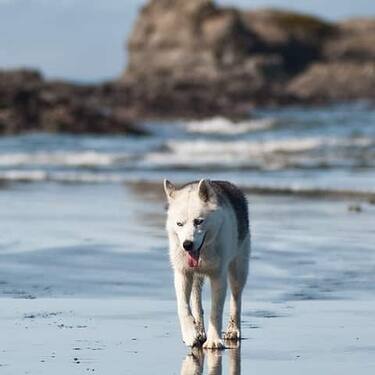
Going to the Beach: How to Prepare Your Pup
Read More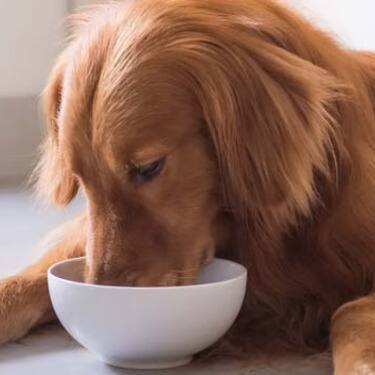
Golden Retriever
Read More
Grain Free Cat Food: What You Need to Know
Read More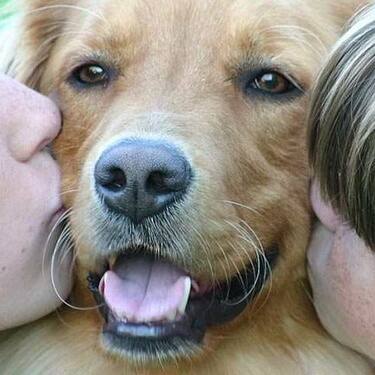
Grain-Free Dog Food: Is it Right For Your Dog?
Read More
Great Dane
Read More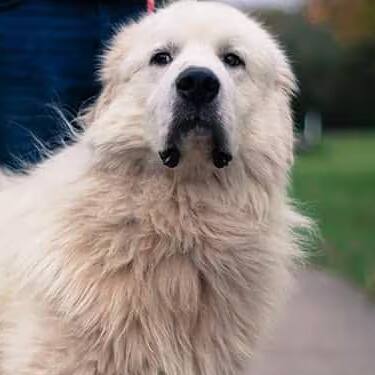
Great Pyrenees
Read More
Great Ways to Pamper & Spoil Your Dog
Read More
Greyhound
Read MoreGrooming Suggestions for Keeping Your Dog's Coat Healthy
Read More
Grooming Tips for Your Dog: Ears, Teeth & Nails
Read More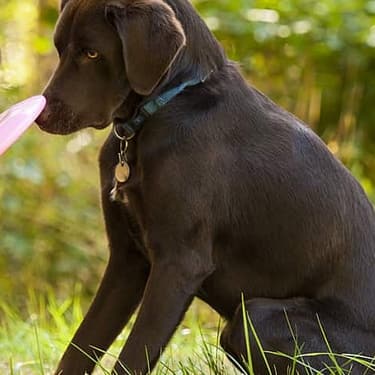
Growing Up with Pets: How Family Animals Benefit Kids
Read More
Halloween Safety Tips
Read More
Havana Brown
Read More
Havanese
Read More
Have a Safe Halloween With Your Cat
Read More
Health Hazards of Excessive Salt for Your Dog
Read More
Healthy Cat Treats: How to Treat Your Cat Without Making Her Fat
Read More
Healthy Dog Treats You Can Make at Home
Read More
Healthy Homemade Cat Treat Recipes
Read More
Heart Disease
Read More
Heartworms in Dogs: What You Need to Know
Read More
Heat Exhaustion in Dogs: Signs Your Dog Is Overheating
Read More
Helpful Methods for Traveling with Your Cat
Read More
Helpful Tips for Controlling Your Cat's Hairballs
Read More
Helpful Tips for Exercising with Your Dog
Read More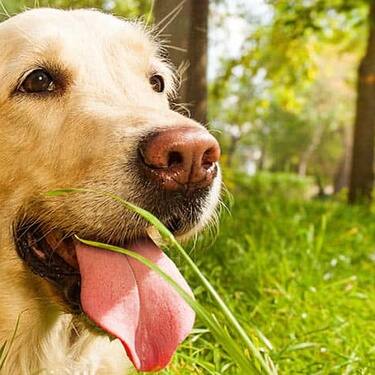
Helpful Tips for Explaining a Pet's Death to Kids
Read More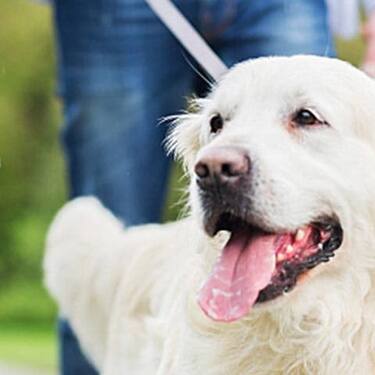
Helpful Tips for Walking Your Dog
Read More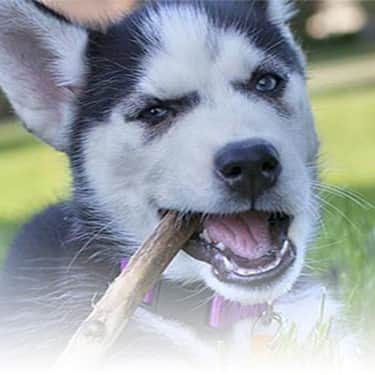
Helpful Tips for a Teething Puppy
Read More
Helpful Ways to Keep Your Dog's Skin & Coat Healthy
Read More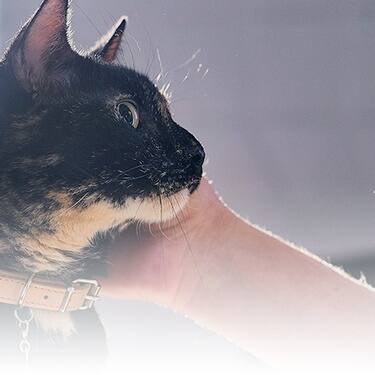
Helping Your Cat Cope With Loud Thunder and Fireworks
Read More
Helping Your Cat Get Used to Her Carrier
Read More
Helping Your Cat Lose Weight: Food & Exercise Tips
Read More
Helping Your Dog Cope With Thunder & Anxiety
Read More
Helping Your Dog Cope with Loud Thunder and Fireworks
Read More
Helping Your Puppy Behave While Eating
Read More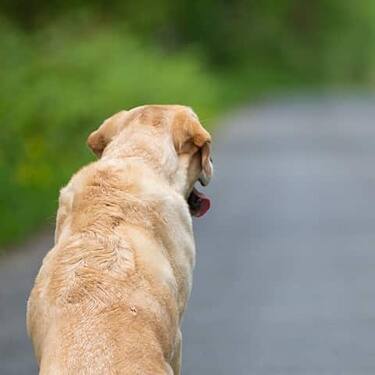
Helping a Dog Hit By a Car
Read More
Helping a New Dog's Anxiety After Coming Home
Read More
High Protein Dog Food: How Much Protein is Good for Your Dog?
Read More
Highland Fold
Read MoreHill's Australian Bushfire Efforts
Read More
Hill's Kitten Foods: A Healthy Choice for Your Kitten
Read More
Hill's Puppy Food: Quality Ingredients for Health & Nutrition
Read More
Himalayan
Read More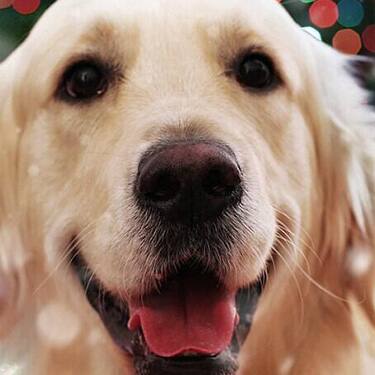
Holiday Foods to Avoid Giving Your Dog
Read More
Home Dental Care Methods for Your Cat
Read More
Homemade Cat Food Raises Concerns
Read More
Hookworms in Dogs: What Are They, and How Do Dogs Get Them?
Read More
House Soiling: Trouble Beyond the Litter Box
Read More
House Training Your Puppy
Read More
How Adopting a Dog Changed My Life
Read More
How Cats Show Affection to Their Humans
Read More
How Different Pets Can Become the Best of Friends
Read More
How Do You Manage Hairballs in Cats?
Read More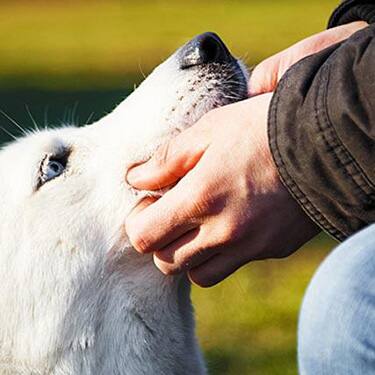
How Dog Emotional Support Became a Source of Healing
Read More
How Fat Can Be Good for Your Dog
Read More
How Fats are Essential to Your Cat's Healthy Diet
Read More
How Fatty Acids Can be Healthy for Your Dog
Read More
How Kittens' Needs Change as They Become an Adults | Hill's Pet
Read More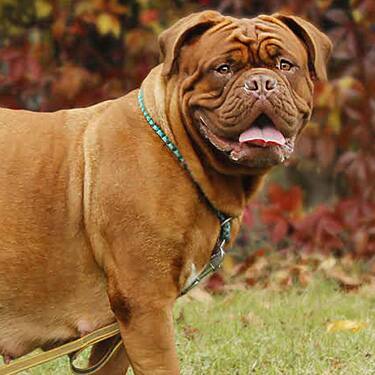
How Long Are Dogs Pregnant?
Read More
How Long Can a Dog Live With Cancer?
Read More
How Many Cat Breeds Are There?
Read More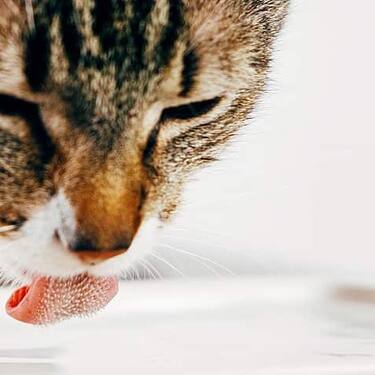
How Much Water Should Dogs & Cats Drink Each Day?
Read More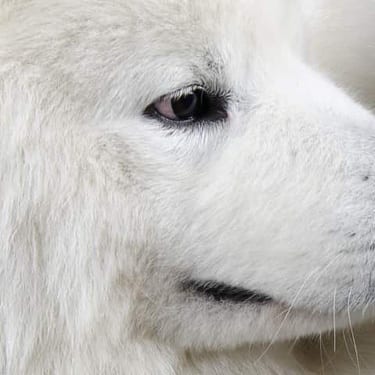
How Much Will My Puppy Grow?
Read More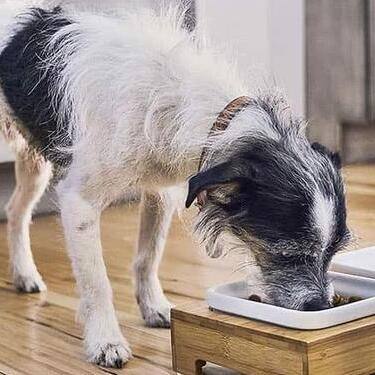
How Much and How Often to Feed Your Adult Dog
Read More
How Much and How Often to Feed Your Cat
Read More
How Often Should You Bathe Your Dog?
Read More
How One Cat Lover's Feline Craziness Shines Through
Read More
How One Family Dog Became a Certified Therapy Dog
Read More
How Pain Medications Can Affect Your Dog
Read More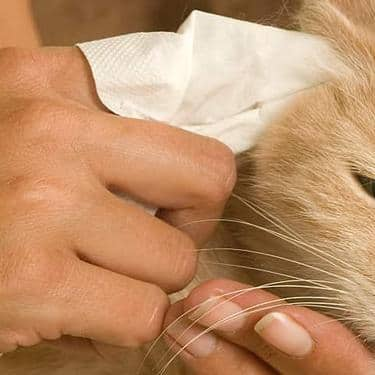
How To Clean Cats Ears: A Comprehensive Guide
Read More
How Treat-Dispensing Toys Keep Your Cat Active
Read More
How and When to Start Training a Puppy or Kitten
Read More
How do I stop my dog barking?
Read More
How the Loss of a Pet Affects Your Other Pets
Read More
How to Be the Best New Dog Parent
Read More
How to Care for Cat Paw Pads
Read More
How to Care for Terminally Ill Pets
Read MoreHow to Care for a Dog Going Blind
Read More
How to Choose the Best Dog and Cat Names
Read More
How to Choose the Right Cat Nutrition for Your Cat
Read More
How to Choose the Right Dog Groomer
Read More
How to Choose the Right Size & Type of Dog Crate
Read More
How to Clean Dog Ears
Read More
How to Deal with Allergies Caused by Your Dog
Read More
How to Deal with Your Adolescent Puppy
Read More
How to Decide if You're a Cat Person
Read More
How to Determine Your Dog's Breed
Read More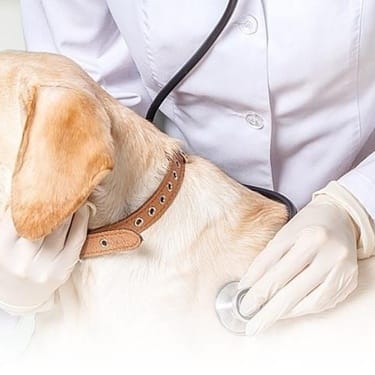
How to Find an Amazing Vet for Dogs You Love
Read More
How to Get Dog Pee Smell Out of Carpet
Read More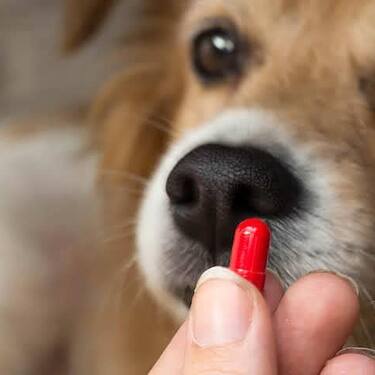
How to Give a Dog a Pill: Helpful Tips & Methods
Read MoreHow to Handle Cat Spraying
Read More
How to Handle Dogs That Dig
Read More
How to Handle Dogs That are Picky Eaters
Read More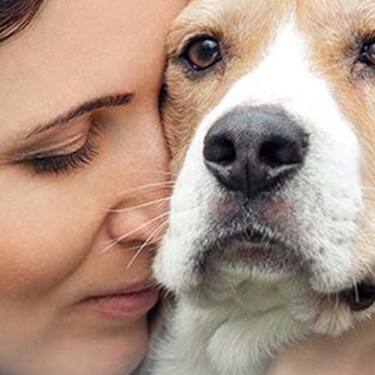
How to Handle Your Dog's Wasp or Bee Sting
Read More
How to Handle Your Puppy in Season
Read More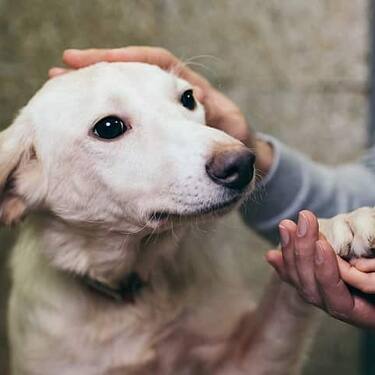
How to Help Pets After A Natural Disaster
Read More
How to Help Your Dog Cope with Separation Anxiety
Read More
How to Help a Lost Cat
Read More
How to Introduce a New Cat to Your Current Pets
Read More
How to Keep Dogs Safe (and Cool) in Summer Weather
Read More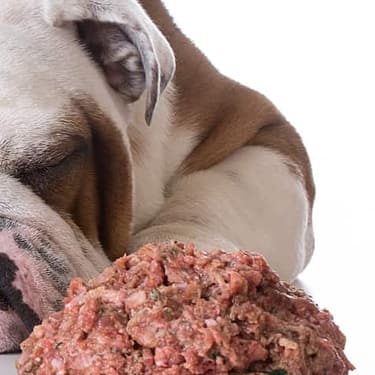
How to Know if Your Dog Will Like the Taste of His Food
Read More
How to Leash Train a Puppy
Read More
How to Litter Train a Kitten
Read More
How to Make Vet Visits Less Scary for Your Dog
Read More
How to Make Your Garden Safe for Your Dog
Read More
How to Make Your Own DIY Cat Scratching Post
Read MoreHow to Make Your Own Dog Obstacle Course
Read More
How to Perform the Heimlich Maneuver on a Choking Dog
Read More
How to Properly Care for Your Dog's Teeth
Read More
How to Properly Mix Wet and Dry Pet Food
Read More
How to Read a Pet Food Label
Read More
How to Recognise and Ease Stress in Dogs
Read MoreHow to Repurpose Old Kids' Toys Into Toys for Your Pup
Read More
How to Safely Teach Your Dog to Swim
Read More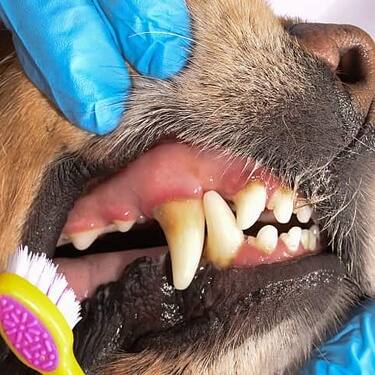
How to Spot and Prevent Periodontal Disease in Dogs
Read More
How to Stop Dogs from Barking Excessively
Read More
How to Take Your Dog Or Cat's Temperature
Read More
How to Talk to Cats (and Are They Really Listening?)
Read More
How to Teach a Cat to Fetch | Hill's Pet
Read More
How to Tell If Your Cat Is Lonely
Read More
How to Tell if Your Cat has a Fever
Read More
How to Tell if Your Cat has a Fever
Read More
How to Transition Your Cat to Hill's Senior Age Defying Cat Food
Read More
How to groom and bath your cat
Read More
Human Foods Safe for Cats: A Complete Guide
Read More
Human Foods That Are Dangerous for Your Dog
Read More
Human Foods to Avoid Giving to Cats
Read More
Human Foods to Avoid Giving to Your Dog
Read More
Hydrotherapy for Dogs
Read More
Hyperthyroidism in Cats: Warning Signs, Management & Treatment
Read More
Hypothyroidism in Dogs: Low Thyroid Symptoms, Diagnosis & Treatment
Read More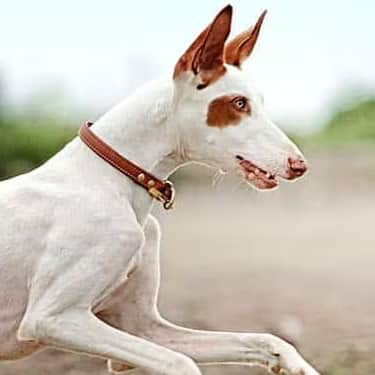
Ibizan Hound
Read MoreIdeas for Playing With Puppies Outside
Read More
Identification for your puppy
Read More
Importance Of Regular Veterinary Visits
Read More
Important Benefits of Having Your Dog Neutered
Read More
Important Information About Spaying & Neutering Your Puppy
Read More
Important Information on FLUTD & Urinary Tract Infections in Cats
Read More
Important Ingredients to Look For in Cat Treats
Read More
Important Questions to Ask Your Vet to Keep Your Pet Healthy
Read More
Indoor Houseplants to Keep Away from Your Cat
Read More
Interactive Cat Toys
Read More
Interactive Cat Toys
Read More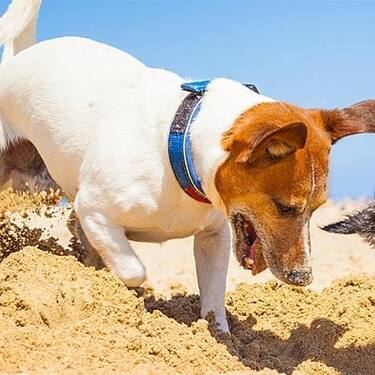
Interpreting Common Dog Behaviors & the Meaning Behind His Moods
Read More
Introducing Your Dog to a New Baby
Read More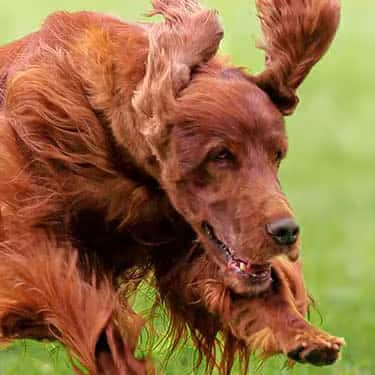
Irish Setter
Read More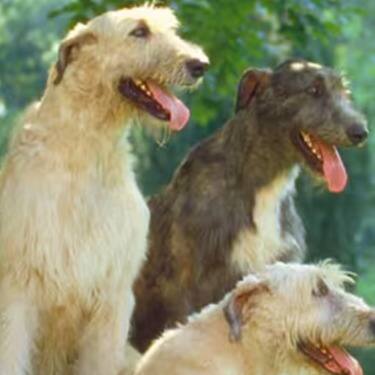
Irish Terrier
Read More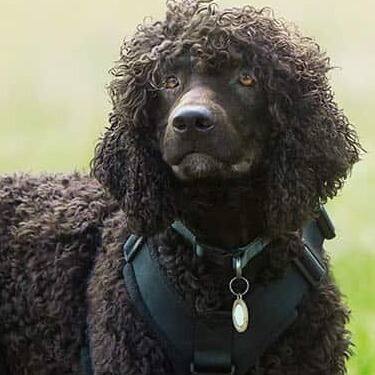
Irish Water Spaniel
Read More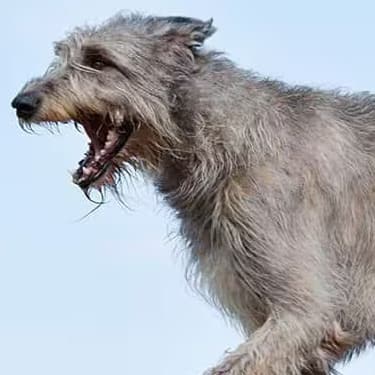
Irish Wolfhound
Read More
Is Chocolate Bad for Cats?
Read MoreIs Corn Bad for Pets?
Read MoreIs It Safe to Give My Dog or Cat Fruit?
Read More
Is My Cat Pregnant? How to Tell & Tips for Care
Read More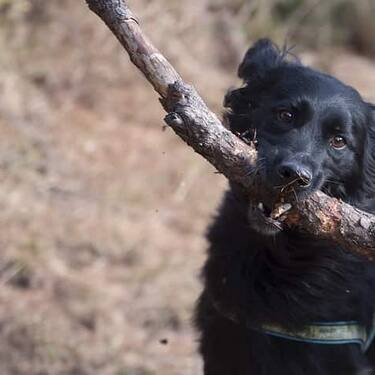
Is My Pet Gay?
Read More
Is Pineapple Safe for Dogs?
Read More
Is Your Cat Hiding Her Pain? Recognizing the Signs & Symptoms.
Read More
Is Your Dog Ready for Obedience School?
Read More
Is Your Dog a Carnivore or an Omnivore?
Read MoreIs Your Dog's Play Behavior Too Aggressive?
Read More
Is it Safe to Feed My Dog a Banana?
Read More
Is your dog's birthday (soon)? Make it a party with our tips
Read More
Italian Greyhound
Read More
Jack Russell Terrier
Read More
Japanese Bobtail
Read More
Japanese Chin
Read More
Japanese Spitz
Read More
Javanese
Read More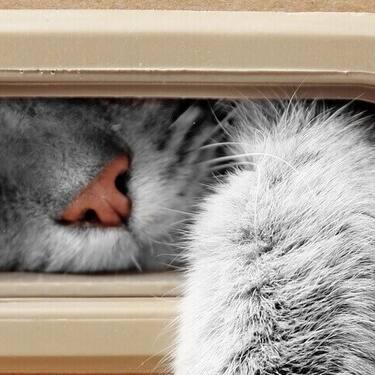
Just How Smart Are Cats?
Read More
Kangal Shepherd
Read More
Keep Your Cat Healthy by Avoiding These Mistakes
Read MoreKeeping Older Dogs Young: How to Encourage Vitality
Read More
Keeping Pets Calm During Thunderstorms
Read More
Keeping Your Cat Active & Safe in Summer
Read More
Keeping Your Cat Comfortable When Home Alone
Read More
Keeping Your Cat Hydrated if She's Not Drinking Water
Read More
Keeping Your Cat's Mouth Healthy
Read More
Keeping Your Dog From Begging at the Dinner Table
Read More
Keeping Your Kitten Safe: Collar, ID Tags & Microchips
Read More
Keeping Your Puppy Safe at Home
Read More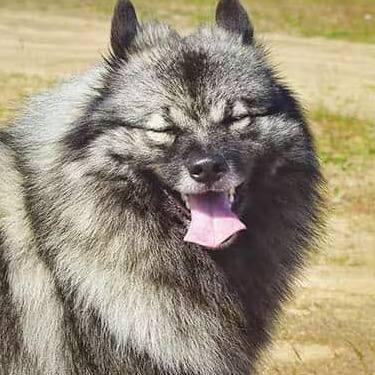
Keeshond
Read More
Kennel Cough in Dogs and Cats
Read More
Key Nutrients & Ingredients to Look For in Dog Food
Read More
Key Tips to Keep Your Puppy Fit & Healthy
Read More
Keys to Helping Your Dog Through the Aging Process
Read More
Kidney Disease
Read More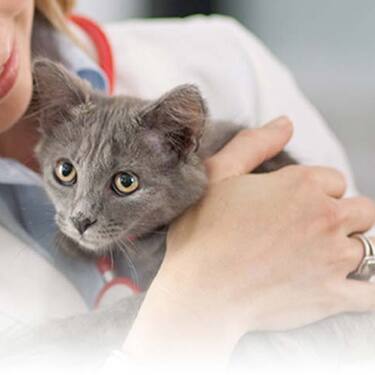
Kitten Psychology: Understanding What Your Cat is Thinking
Read More
Kitten Teething: Age Timeline, Signs & How You Can Help
Read More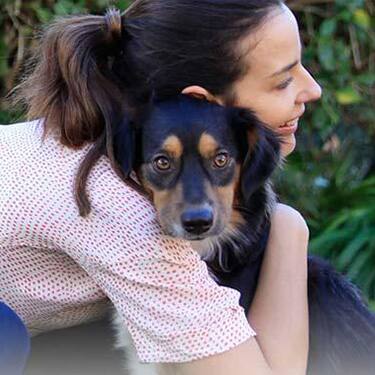
Know the facts to give the best care possible
Read More
Knowing Your Cat's Special Anatomy
Read More
Knowing the Life Stages of Your Large Dog
Read More
Komondor
Read More
Kuvasz
Read More
Labrador Retriever
Read More
Lagotto Romagnolo
Read More
Learn About the Best Dog Breeds for Children
Read More
Leonberger
Read More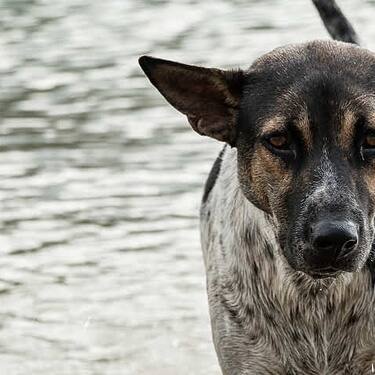
Leptospirosis in Dogs: Facts, Symptoms, Treatment & Prevention
Read MoreLetting Your Cat Outside: What You Need to Know
Read More
Letting Your Dog Sleep in the Bed
Read More
Lhasa Apso
Read More
Liver Disease
Read More
Liver Disease
Read More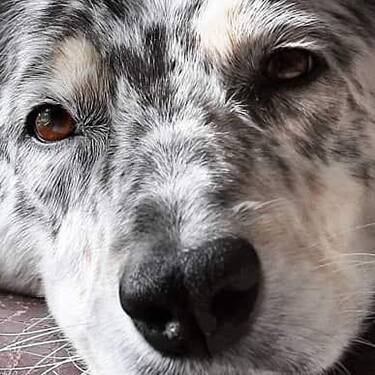
Liver Disease in Dogs: Facts That Dog Parents Should Know
Read More
Lumps on Dogs: Common Types of Growth on Dogs & What You Should Know
Read More
Lymphoma in Cats: What You Need to Know
Read More
Maine Coon
Read More
Make a Homemade Dog Bed Your Pup Will Love
Read More
Making Sense of a Pet Food Label
Read More
Making Your House a Fun & Enjoyable Place for a Cat
Read More
Maltese
Read More
Maltipoo
Read More
Managing Allergies to Cats
Read More
Managing Cat Bad Breath: Causes and Remediess
Read More
Managing Cats Around Your Smaller Pets
Read More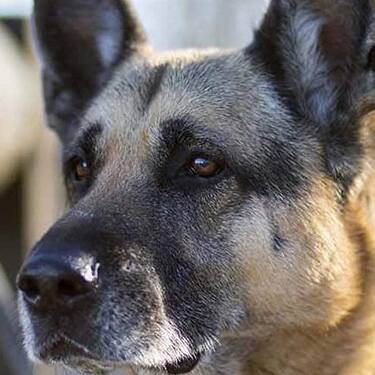
Managing Kidney Failure in Dogs
Read More
Managing Megaesophagus in Dogs
Read More
Managing Pet Separation Anxiety When Returning to Work & School
Read More
Managing Your Male Puppy Around In-Season Females
Read More
Managing cat diarrhoea: Causes, Symptoms & Treatment
Read More
Manx
Read More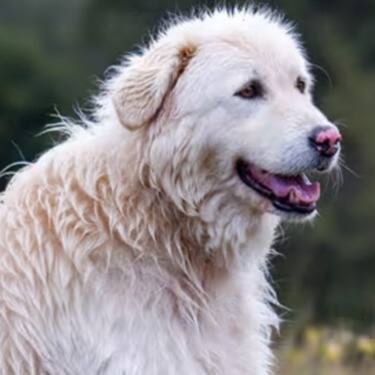
Maremma Sheepdog
Read More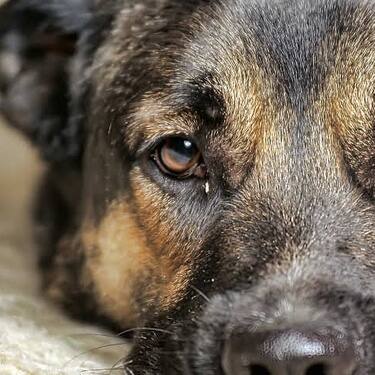
Mast Cell Tumors in Dogs: Causes, Appearance, Treatment & More
Read More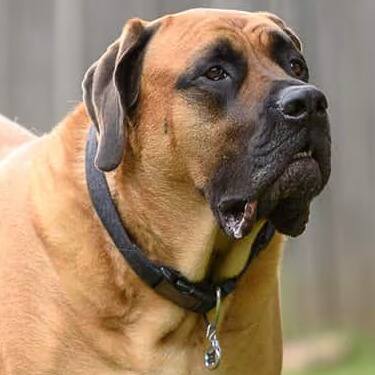
Mastiff
Read More
Meal Feeding vs. Free Feeding Cats: What's Best?
Read More
Meeting Your Cat's Needs in Winter
Read More
Methods for Stopping Your Puppy's Aggressive Behavior
Read More
Minerals
Read More
Miniature Bull Terrier
Read More
Miniature Pinscher
Read More
Miniature Schnauzer
Read More
Minuet
Read More
Moving With a Pet: A How-To Guide
Read More
My Cat is Standoffish & Aloof. Does She Hate Me?
Read More
My Child Wants a Puppy... What Do I Do?
Read More
My Dog Ate Raw Chicken: What Should I Do?
Read More
My Dog Doesn't Bark: Is Something Wrong?
Read More
My Dog Is Coughing: 6 Possible Reasons Why
Read More
My Dog Is Scared of Men: What Should I Do?
Read More
My Dog Sleeps All Day: Is That Normal?
Read More
My Dog is Acting Lethargic: Causes & How to Help
Read More
My Dog is Getting Old: What Accessories Does He Need?
Read More
My cat's nose is dry. Should I be concerned?
Read MoreNew & Trending Technology for Dog
Read More
Newborn Puppy Care: 5 Things You Need to Know
Read More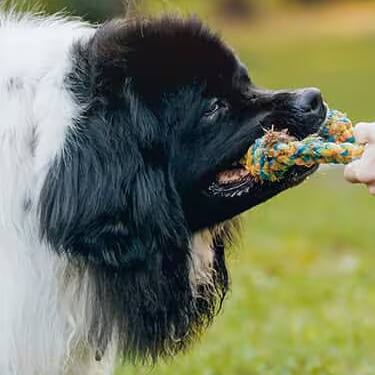
Newfoundland
Read More
No Matter What Kind of Trip, This Dog Travel Checklist Can Help.
Read More
Norfolk Terrier
Read More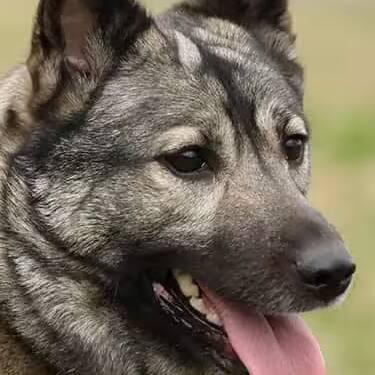
Norwegian Elkhound
Read More
Norwegian Forest Cat
Read More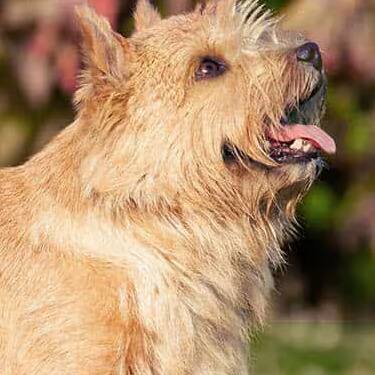
Norwich Terrier
Read More
Nova Scotia Duck Tolling Retriever
Read More
Nutrition For Healthy Pet Skin and Coats
Read More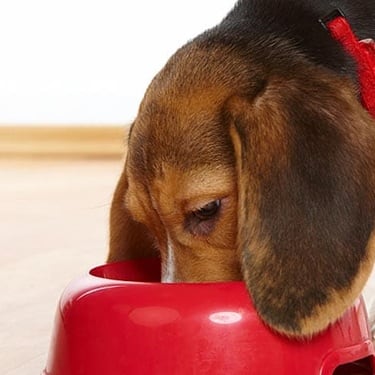
Nutritional Requirements From Puppy to Elder Dog Years
Read More
Odd Behaviors of Dogs: Running in His Sleep and More
Read More
Old Dog Syndrome: All About Vestibular Disease in Dogs
Read More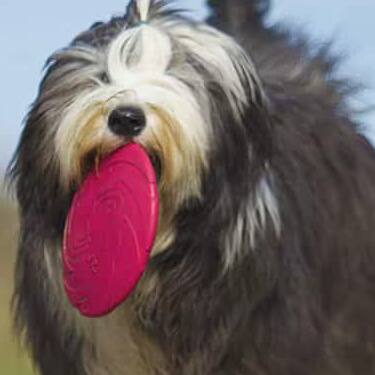
Old English Sheepdog
Read More
One Woman's Story of How Adopting an Older Cat Changed Her Life
Read More
Options for Boarding Your Dog When You Go Out of Town
Read More
Oriental Cat
Read More
Origins of 6 Common Cat Sayings
Read More
Osteoarthritis in Dogs: Symptoms & Management
Read More
Overcoming Obesity in Small Dogs
Read More
Overweight Cat? Slim Down with These Activities
Read More
Pain Relief for Your Cat: Dangerous Medications to Avoid
Read More
Papillon
Read More
Parvovirus: What You Need to Know
Read More
Peaceful Playtime with Cats and Children
Read More
Pekingese
Read More
Pembroke Welsh Corgi
Read More
Persian Cat
Read More
Pesky Pests and Itching Season
Read More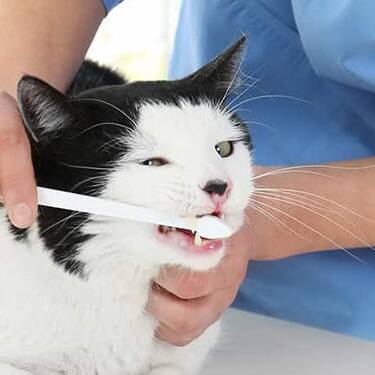
Pet Dental Health: What Happens During a Deep Teeth Cleaning?
Read More
Pet Fire Safety Tips and Treating A Burn
Read More
Pet Food Labels, Simplified
Read More
Pet Food Storage Tips
Read More
Pet Home Alone: Back to School's Effect on Your Pet
Read More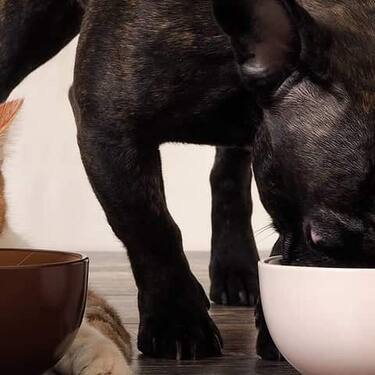
Pet Supply Storage: 8 Upcycling Crafts for Bags and Cans
Read More
Pet Trusts: Caring for Your Pets After You're Gone
Read More
Pharaoh Hound
Read More
Planning a Safe Holiday For Your Cat
Read More
Planning a Safe Holiday for Your Dog
Read More
Playing With Your Cat
Read More
Playing with Your Cat on a Budget: 7 Totally Free Games
Read More
Pomeranian
Read More
Poodles
Read More
Pool Safety for Dogs: Tips, Supplies & More
Read More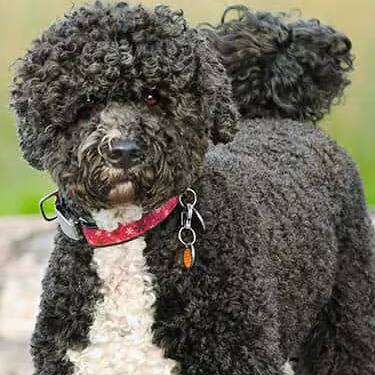
Portuguese Water Dog
Read More
Potential Health Concerns in Your New Kitten
Read More
Precise Nutrition for Every Lifestage
Read More
Pregnancy & Your Dog: What You Can Expect
Read More
Pregnancy in Cats: Signs & Preparation for Delivery
Read More
Preparing Your Cat for a New Baby
Read More
Preparing Your Nervous Cat for Large Gatherings at Home
Read More
Preventing & Treating Your Dog's Flea Problem
Read More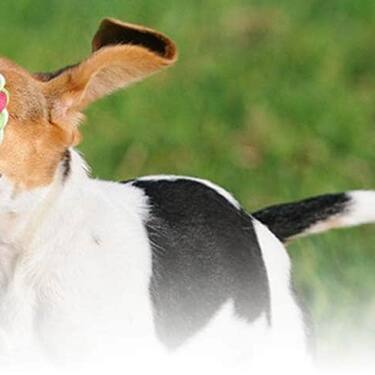
Preventing Your Dog from Chewing Up Everything
Read More
Protecting Your Pets During a Natural Disaster: 8 Steps to Get Prepared
Read More
Protein and Your Cat's Special Needs
Read More
Proteins
Read More
Pug
Read More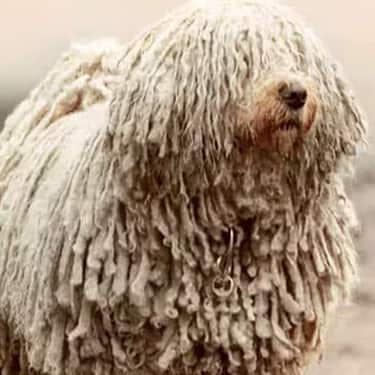
Puli
Read More
Puppy Day Care: Is It a Good Fit?
Read More
Puppy House Training With These 5 Hacks
Read More
Puppy Obedience Training: How to Be Successful
Read More
Puppy Potty Training Tips to Avoid Accidents in the Home
Read More
Puppy Timeline: How Puppies Grow up to Be Dogs
Read More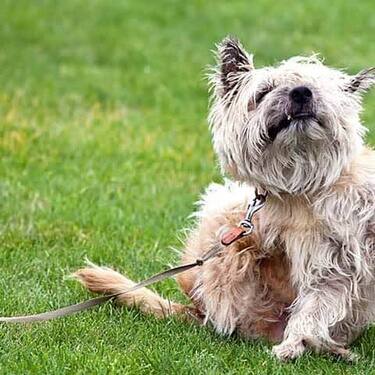
Pyoderma in Dogs: What You Need to Know
Read More
Questions Your Vet Can Answer About Your Senior Small-Breed Dog
Read More
Ragamuffin
Read More
Ragdol Cat
Read More
Raising a Puppy: What You Need to Know
Read More
Reading Dog Food Reviews: What You Need to Know
Read More
Real Life Stories of Caring for Cats with Disabilities
Read More
Reasons Why You Should Microchip Your Pets
Read More
Reasons Why Your Dog is Losing Tail Hair
Read More
Reasons for Your Cat Vomiting
Read More
Reasons to Adopt a Senior Dog
Read More
Recognising and Managing Dog Dementia
Read More
Recognizing Common Signs of Aging in Your Dog
Read More
Reducing That Wet Dog Smell in Cars
Read More
Rehoming a Dog After the Loss of a Loved One
Read More
Relax Your Mind and Body with Cat Yoga
Read More
Relocating With Your Cat
Read More
Removing Foul Smelling Cat Odors From Your Home
Read More
Reprimanding Your Cat: Suggestions & Tips
Read More
Rhodesian Ridgeback
Read More
Ring in the New Year with These Pet Resolutions
Read More
Ringworm in Dogs: How to Treat and Prevention Tips
Read More
Risks of Overfeeding Your Dog
Read More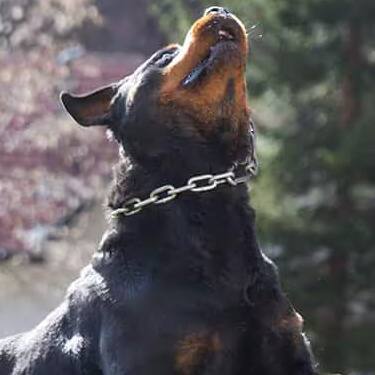
Rottweiler
Read More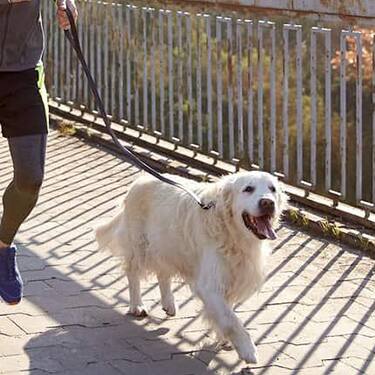
Running with Your Dog: 12 Tips For a Successful Race
Read More
Running with Your Dog: How to Get Started
Read More
Saint Bernard
Read More
Saluki
Read More
Samoyed
Read More
Satiety's Important Role in Your Cat's Overall Weight and Health
Read More
Schipperke
Read More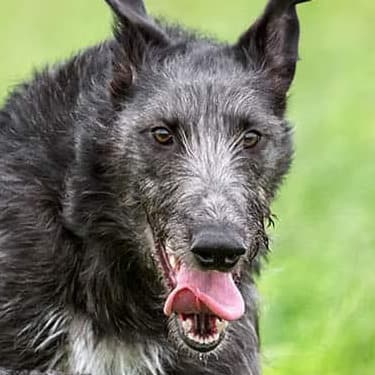
Scottish Deerhound
Read More
Scottish Fold Cat
Read More
Scottish Terrier
Read More
Secondhand Smoke and Pets: What You Need to Know
Read More
Senior Cat Problems: What You Should Know About Aging Cats
Read More
Separation Anxiety and Your Dog
Read More
Serious Illness, Accidents and Surgery
Read More
Serious Illness, Accidents and Surgery
Read More
Setting the Facts Straight: Common Myths About Your Cat
Read More
Seven Digestive Problems in Dogs & How to Handle Them
Read More
Sharing a Bed with Your Cat: Steps for Success
Read More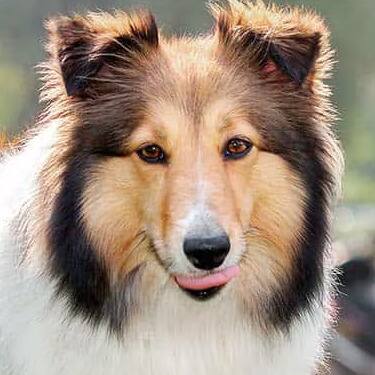
Shetland Sheepdog
Read More
Shiba Inu
Read More
Shih Tzu
Read More
Should You Allow a Dog to Give You Kisses?
Read More
Show Your Love And Exercise Your Dog
Read More
Show some love with wet foods: a great choice for pets with health issues
Read More
Siamese
Read More
Siberian Cat
Read More
Siberian Husky
Read More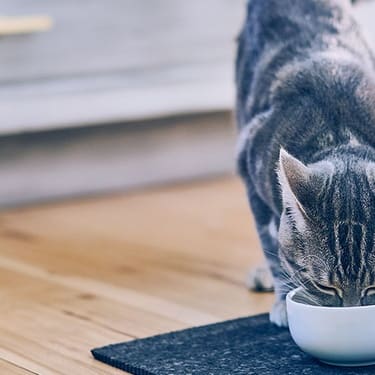
Signs It's Time to Change Your Cat's Food
Read More
Signs That Your Cat is Grieving & How You Can Help
Read More
Signs of Good Health
Read More
Signs of Good Health
Read More
Signs of Stress in Cats and How You Can Help | Hill's Pet
Read More
Silky Terrier
Read More
Simple Ways to Keep Your Senior Cat Moving
Read More
Six of the Friendliest Cat Breeds
Read More
Skin Cancer in Dogs: Symptoms, Diagnosis & Early Detection
Read More
Skin Lumps on a Cat: Types, Causes & Treatment
Read More
Skin Problems That Are Common in Dogs
Read More
Skin Problems to Watch For in Your Cat
Read More
Skye Terrier
Read More
Small Dog Breeds: What You Need to Know
Read More
Smooth Fox Terrier
Read More
Socialising & Introducing Your New Puppy
Read More
Socialization & Obedience Training Information for Your New Puppy
Read More
Socializing Your Puppy: Steps for Success
Read More
Soft-coated Wheaten Terrier
Read More
Somali Cat
Read More
Special Diet Needs for Large & Giant-Breed Puppies
Read More
Spot the Signs of Aging in Your Pet | Hill's Pet
Read More
Staffordshire Bull Terrier
Read More
Stage 1 Kidney Disease in Cats Often Goes Unnoticed
Read More
Standard Home Health Checks for Your Cat
Read More
Standard Schnauzer
Read More
Start Scratching Right
Read More
Step-By-Step Instructions for Command Training Your Puppy
Read More
Step-By-Step Instructions for Grooming & Bathing Your Dog
Read More
Steps for Command Training Your Kitten
Read More
Steps to Start Behavior Training Your Kitten
Read More
Steps to Successfully Introduce a New Kitten to Your Cat
Read More
Steps to Take Before Leaving Your Puppy Alone
Read More
Steps to Take When Your Dog Dies
Read More
Strange Behaviors You've Probably Noticed in Your Dog
Read More
Stress and Feline Urinary Problems: How to Deal With It
Read More
Subtle Signs that Your Cat is Aging
Read More
Successful Methods to Help Your Puppy's Behavior Training
Read More
Suggestions for Grooming & Bathing Your Cat
Read More
Suggestions to Make Your Cat Drink From a Bowl
Read More
Summer Heat and Warm Weather Tips
Read More
Supplies You'll Want to Bring Home with Your New Kitten
Read MoreTAILS of Aging in Older Pets
Read More
Taking Your Dog on a Boat: How to Set Sail Safely
Read More
Taking your Adult Dog to the Veterinarian
Read More
Tapeworms in Dogs: How Dogs Get Them & Getting Rid of Them
Read More
Teaching Your Dog to Fetch
Read More
Ten Things to Keep Your Cat Comfortable After Adoption
Read More
Tenterfield Terrier
Read More
Thai Cat
Read More
The Advantages of Wet Dog Food
Read More
The Aging Differences Between Humans and Pets
Read More
The Best Large Breed Dogs
Read More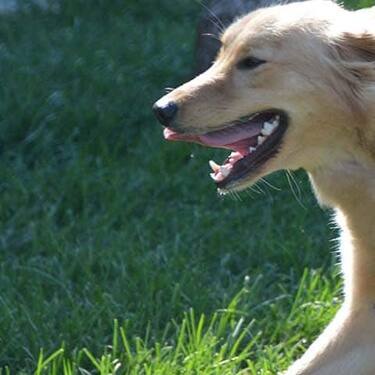
The Best Pet Spots and Dog Parks in San Francisco
Read More
The Challenges of Walking Your Dog in Winter
Read More
The Downside of Free-Feeding Your Cat
Read More
The Effects of Catnip on Your Cat
Read More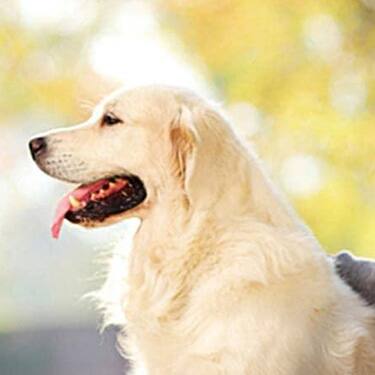
The Elderly and Their Pets: Forming a Special Bond
Read More
The Facts Behind Breed-Specific Dog Food
Read More
The Facts Behind Clinically Proven Dog Food
Read More
The History of "Fighting Like Cats and Dogs"
Read More
The Importance of Drinking Water for Your Cat
Read More
The Importance of Exercise for Your Puppy
Read More
The Importance of Wellness Visits for Your Senior Cat
Read More
The Incredible Science Behind Your Pet's Microbiome
Read More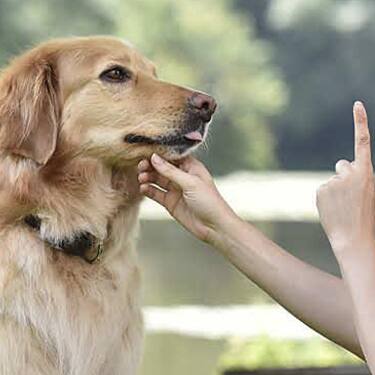
The Ins and Outs of Dog Whistles: What You Need to Know
Read More
The Meaning Behind Your Cat's Meow: 5 Distinct Cat Sounds & Noises
Read More
The Most Important Supplies for Your New Puppy
Read More
The Proper Nutritional Balance Your Cat Needs
Read More
The Pros and Cons of Adopting Two Dogs
Read More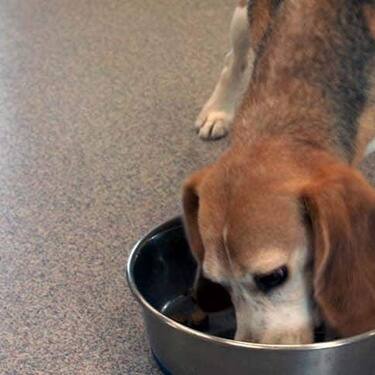
The Right Blend of Nutrients & Ingredients in Your Dog's Food
Read More
The Right Diet For Your Pet
Read More
The Right Food for Your Adult Dog
Read More
The Right Food for Your Kitten
Read More
The Right Food for your Puppy
Read More
The Right Ingredients: Cornerstone Of Good Cat Nutrition
Read More
The Safest Way to Travel With a Dog in the Car
Read More
The Science Behind Our Love for Pets
Read More
The Science Behind Your Dog and His Behavior
Read MoreThe Science Behind a Dog IQ Test
Read More
The Tales The Cat Tail Tells
Read More
The Truth About Cats And Milk
Read More
Things You Can Do to Help Your Dog's Sensitive Stomach
Read More
Things to Consider When Adopting An Older Dog
Read MoreThings to Keep in Mind When Feeding Your Puppy
Read More
Tibetan Mastiff
Read More
Tibetan Terrier
Read More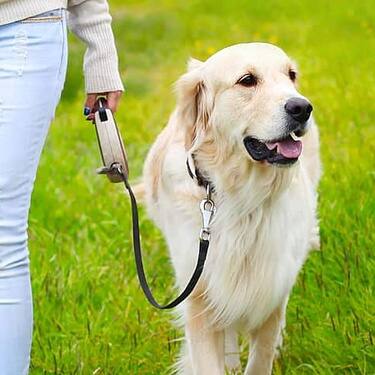
Tick Removal and Prevention from dogs
Read More
Tiffany Cat
Read More
Tips & Resources for Feeding Your Cat
Read More
Tips & Advice for Making Your House Safe for a Cat
Read More
Tips for Building a DIY Cat Perch
Read More
Tips for Buying a Food-Dispensing Dog Toy
Read More
Tips for Creating Your Cat's Own Social Media Account
Read More
Tips for Feeding Your New Kitten
Read More
Tips for Finding Accurate Dog Food Reviews
Read More
Tips for Giving Your Cat Pills & Medications
Read More
Tips for Handling Your New Kitten
Read More
Tips for Keeping Your Dog Active in Winter Months
Read More
Tips for Keeping Your Dog Safe Outside
Read More
Tips for Leaving Your New Dog Home Alone
Read More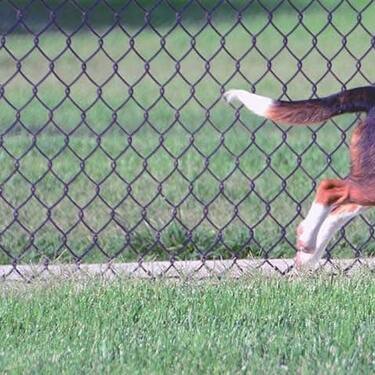
Tips for Socalising an Older Dog
Read More
Tips for Socializing Your Kitten with People & Other Pets
Read More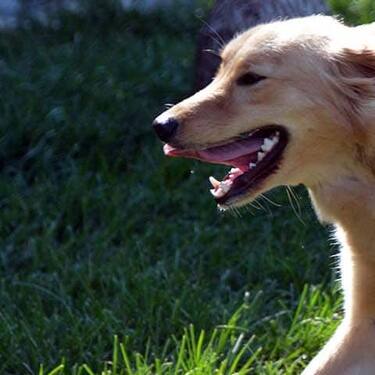
Tips for Taking Great Pictures of Your Dog
Read More
Tips for Taking Photos of Your Cat
Read More
Tips for Taking Your Dog on a Vacation
Read More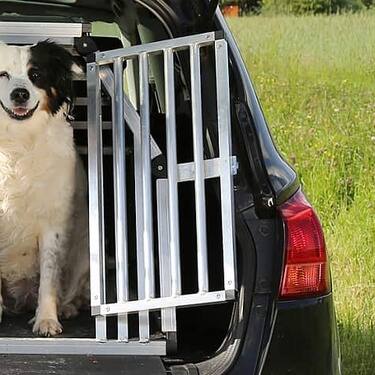
Tips for Traveling with Your Dog in the Car
Read More
Tips for being a dog-gone good parent to your new pet
Read More
Tips for being a purrfect new cat parent
Read More
Tips for the First Few Weeks with Your New Puppy
Read More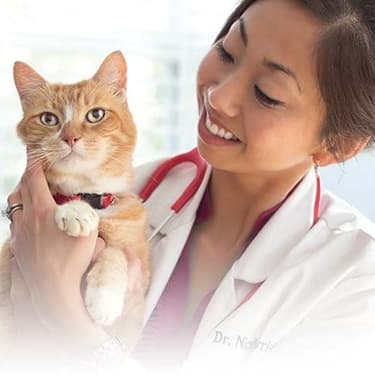
Tips on Taking Your Cat to The Veterinarian
Read More
Tonkinese Cat
Read More
Too Little or Too Much: When Cat Nutrition is Out of Balance
Read More
Toys & Games to Enjoy with Your Puppy
Read More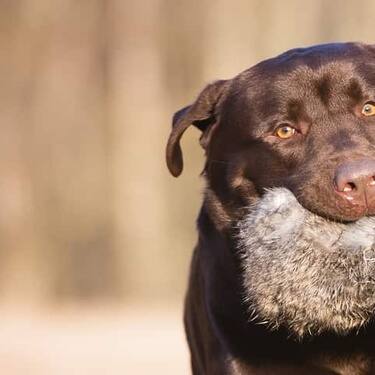
Training Two Puppies: How to Succeed
Read More
Training Your Cat: Basic Things to Work On
Read More
Training Your Kitten to Use the Litter Box
Read More
Training: Positive Reinforcement for Your Dog
Read More
Training: Positive Reinforcements for Your Kitten
Read More
Transportation and traveling
Read More
Treating Your Dog with and without Food
Read More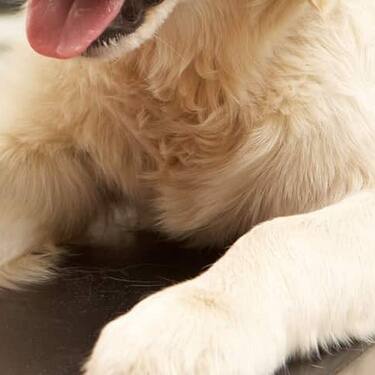
Treating a Dog With a Broken Leg
Read More
Turkish Angora
Read More
Understand Your Pet's Body Condition Score
Read More
Understanding & Caring For Your Miniature-Breed Dog
Read More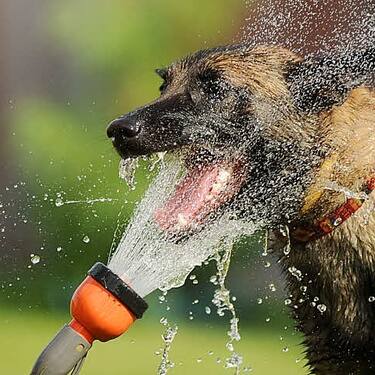
Understanding & Treating Dehydration in Dogs
Read More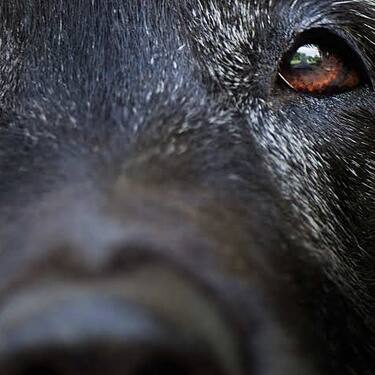
Understanding Bone Cancer in Dogs
Read More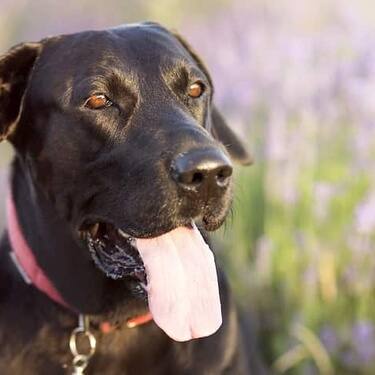
Understanding Dog Panting: When Should You Worry?
Read More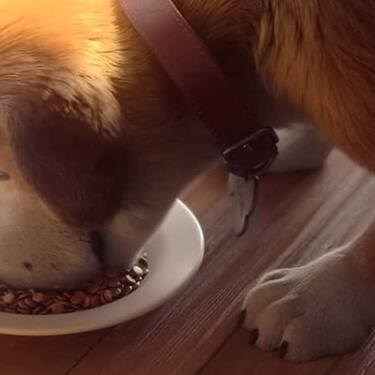
Understanding Your Dog's Metabolism
Read More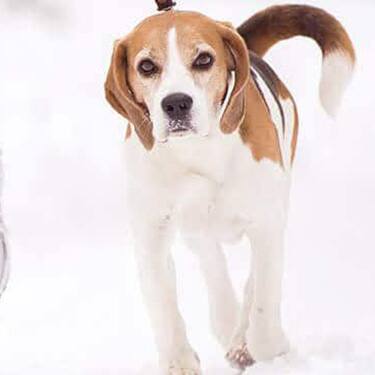
Understanding and Treating Dog Frostbite
Read More
Unlock Cat Genetics for Purrfect Health
Read More
Urinary Issues in Dogs: What You Need to Know
Read More
Urinary Tract Disease
Read More
Useful Tips for Traveling with Your Puppy
Read More
Using Your Kid's Old Toys as Homemade Cat Toys
Read More
Vaccines Your Kitten Should Have
Read More
Vegan Cat Food for Carnivorous Felines?
Read More
Vet Checkups & Blood Work for Senior Cats
Read More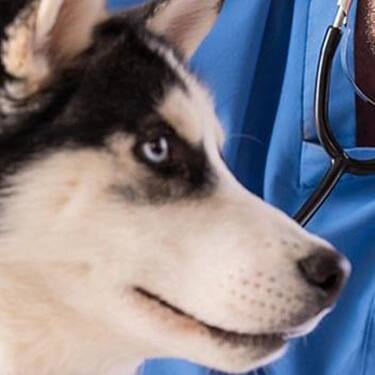
Vet Recommended Pet Food Explained
Read More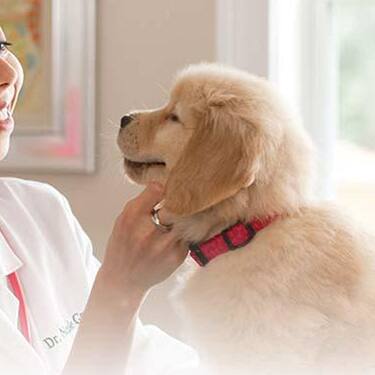
Veterinary Visits
Read More
Vitamins
Read More
Vitiligo in Dogs and Cats: What You Need to Know about animals with vitiligo
Read More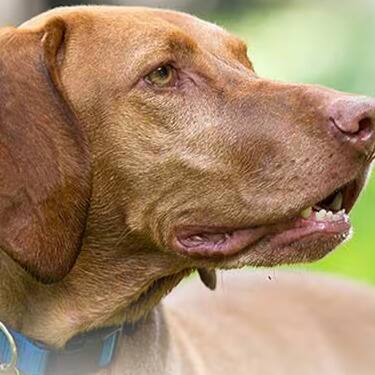
Vizsla
Read More
Waarom je je hond zou moeten trainen
Read More
Washing Your Dog from Ear to Paw: Eight Supplies to Make It Easy
Read More
Water
Read More
Ways to Maintain Your Cat's Healthy Coat
Read More
Weight Gain in Your Cat & How You Can Help
Read More
Weight Management
Read More
Weight Management
Read More
Weimaraner
Read More
Welcoming Your New Kitten: Making Your Kitty Comfortable
Read More
Welsh Springer Spaniel
Read More
Welsh Terrier
Read More
West Highland White Terrier
Read More
Wet vs. Dry Cat Food: Which Is Best?
Read More
Wet vs. Dry Dog Food: Which Is Right for Your Pet?
Read More
What Can I Give My Dog for Pain?
Read More
What Do Cats Dream About?
Read More
What Does Dog Pointing Mean?
Read More
What Does My Puppy's Behavior Mean?
Read More
What Happens When My Dog is in Heat?
Read More
What Human Food Does to Your Pet: Human Caloric Equivalents
Read More
What Human Foods Are Safe for Dogs?
Read More
What Is My Cat's Body Language Telling Me?
Read More
What Is a Cat's Primordial Pouch?
Read More
What Is a Munchkin Cat?
Read More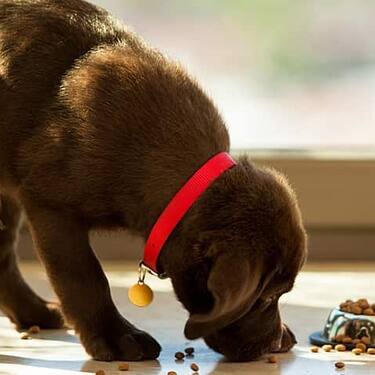
What Makes Natural Dog Food Different?
Read More
What Nutrients Can Help a Pet’s Immune System?
Read More
What Types of Dog Training Are Best for You and Your Dog?
Read More
What Types of Litter, Food & Supplies Are Safe for Kittens?
Read More
What You Need for a Pet Disaster Plan
Read More
What You Need to Know When Adopting a Cat
Read More
What Your Dog is Trying to Tell You
Read More
What is My Dog Thinking About?
Read More
What to Do if Your Cat is Choking
Read More
What to Expect After a Pet Cancer Diagnosis
Read More
What to Expect When Starting Your Puppy's Training
Read More
What to Expect at Your Kitten's 6-Month Health Check
Read More
What to Expect at Your Puppy's 6-Month Health Check
Read More
What to Feed Your Pregnant or Nursing Dog
Read More
What to Look For in Food for a Mature Dog
Read MoreWhat's Behind My Cat's Weird Behaviors?
Read MoreWhen Does Play Aggression in Cats Cross the Line?
Read More
When Pet Parents Are Away, Cats Destroy: Five Funny Situations
Read More
When Should a Dog Be Spayed?
Read More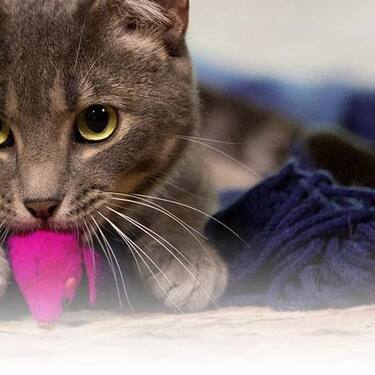
When Your Cat Catches Mice
Read More
When Your Dog Smells Trouble With a Skunk | Hill's Pet
Read More
When is a Puppy an Adult Dog?
Read More
When to Bring Home Your Puppy
Read More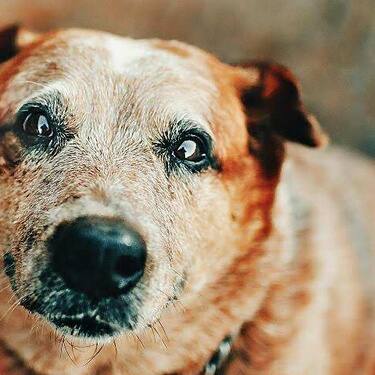
When to Euthanise a Dog With Cancer
Read MoreWhen to Let Your Puppy Outside
Read More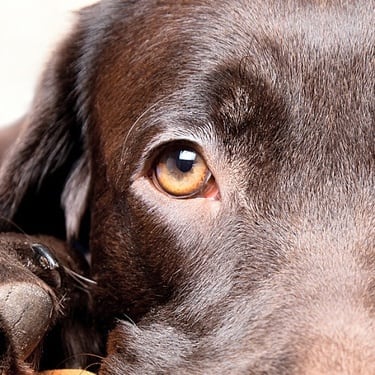
Where Does Your Pup's Bad Behavior Come From?
Read More
Whippet
Read More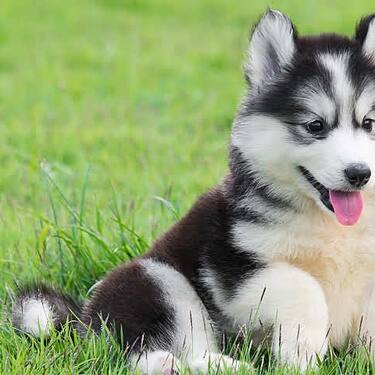
Whipworms in Dogs: Signs, Treatment and Prevention
Read More
Why Adopting a Free Kitten Isn't Always a Good Idea
Read More
Why Chocolate Can Be Poisonous for Your Dog
Read More
Why Do Cats Bunny Kick?
Read More
Why Do Cats Eat Grass?
Read More
Why Do Cats Hate Water?
Read More
Why Do Cats Lick Their Paws? Can it Become Excessive?
Read More
Why Do Cats Like Cardboard Boxes?
Read More
Why Do Cats Meow?
Read More
Why Do Cats Try to Eat Plastic?
Read More
Why Do Dogs Hate Baths? (& Tips for Bathing a Scared Dog)
Read More
Why Do Dogs Howl?
Read More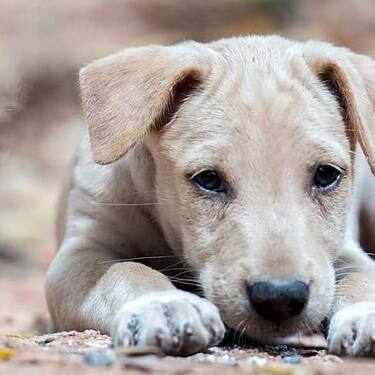
Why Do Dogs Need to Pee on Everything?
Read More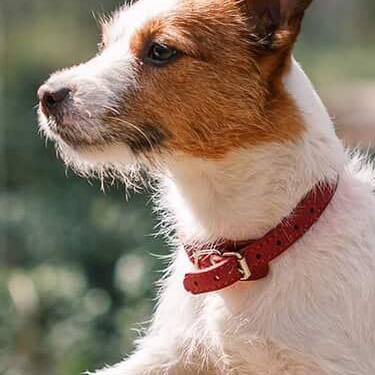
Why Do Female Dogs Hump Things?
Read More
Why Does My Cat Yowl at Night?
Read More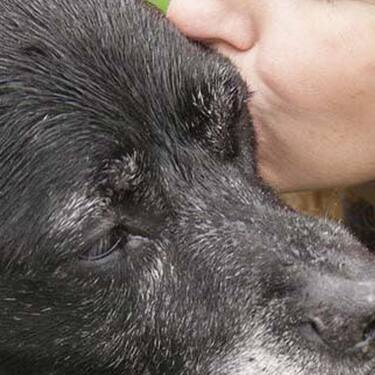
Why Does My Dog Eat Everything on Walks?
Read More
Why Does My Dog Eat Poop?
Read More
Why Exercise is Important to Keep Your Cat Healthy
Read More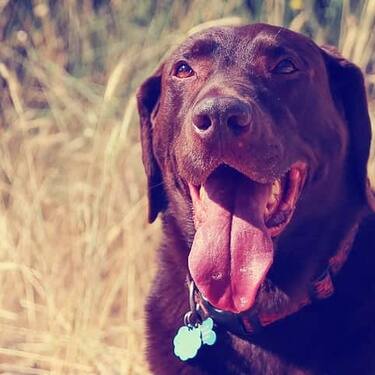
Why Is My Dog Drooling So Much?
Read More
Why Is My Dog Itching?
Read More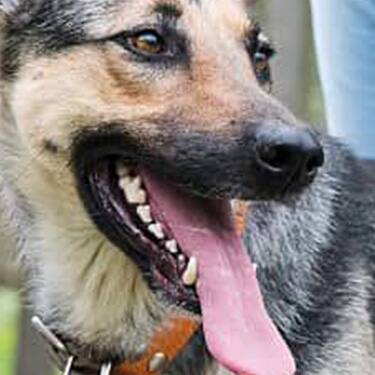
Why Is My Dog Losing Hair?
Read More
Why Is My Dog Shaking? 6 Common Causes for the Shivers
Read More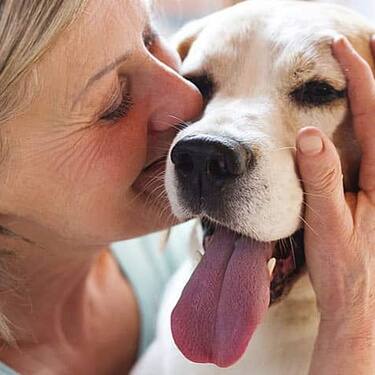
Why Is My Dog Sitting on Me? Five Possible Reasons
Read More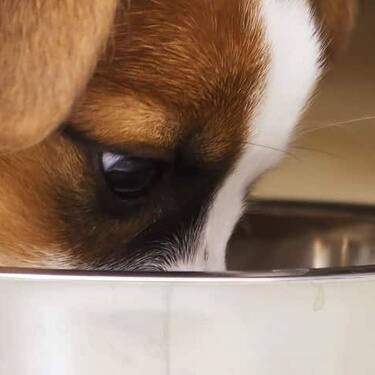
Why Science Matters in Your Dog's Food
Read More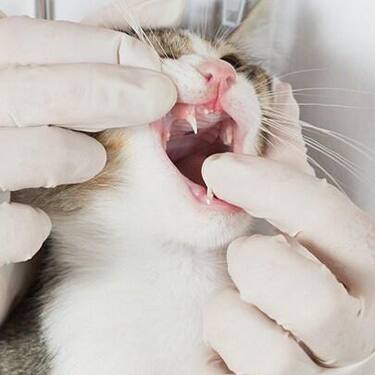
Why You Should Brush Your Cat's Teeth Regularly
Read More
Why Your Cat Likes to Hide in Small Dark Spaces
Read More
Why Your Cat’s Nose Is Running & How To Help
Read More
Why Your Puppy Barks
Read MoreWhy Your Puppy Won't Stop Whining
Read More
Why do cats eyes glow in the dark?
Read More
Why do cats get the zoomies? What are they and when to call the vet
Read More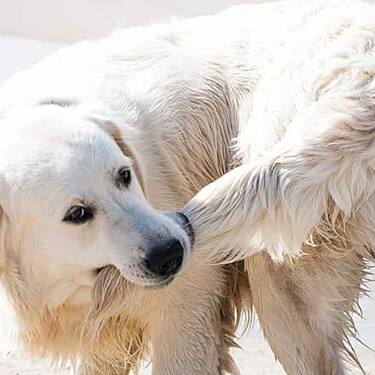
Why do dogs chase their tails?
Read More
Why do dogs eat grass?
Read More
Why hire a dog walker: is it the right decision for you?
Read More
Why is My Cat's Meow Silent?
Read More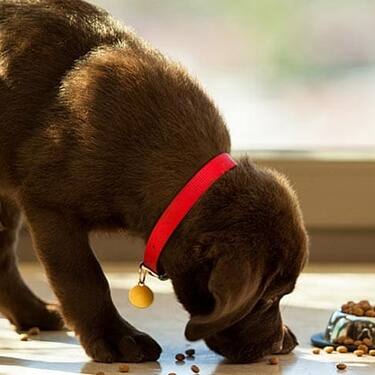
Why is My Dog Throwing Up Food After Eating?
Read More
Why is My Kitten Crying? (& How to Help Them Stop)
Read More
Why is my cat throwing up food after eating?
Read More
Why the Sweetener Xylitol is Harmful to Your Dog
Read More
Winter Tips For Your Cat
Read More
Wire Fox Terrier
Read More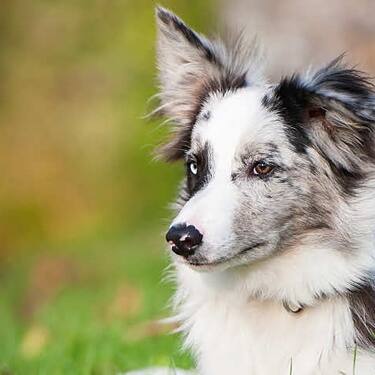
Worms in Dog Poop: Signs, Treatment Options & Prevention
Read More
Yorkshire Terrier
Read More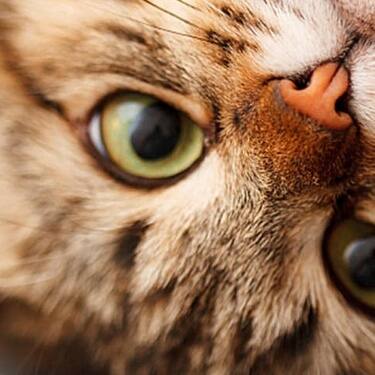
Your Cat Needs Attention? Here's What She'll Do to Get It.
Read More
Your Cat's First Month at Home
Read More
Your Dog in Pain: Recognizing & Relieving
Read More
Your Overweight Dog: When Bigger Isn't Better
Read More
Your Puppy's First 3 Months At Home: What to Expect
Read More
Your cat may be even smarter than you think
Read More
Your favourite feline's five senses
Read More
0 results found
Featured Articles
After years of research, experts at Hill’s have determine the gut microbiome affects not only your pet’s digestive health but their overall health.

